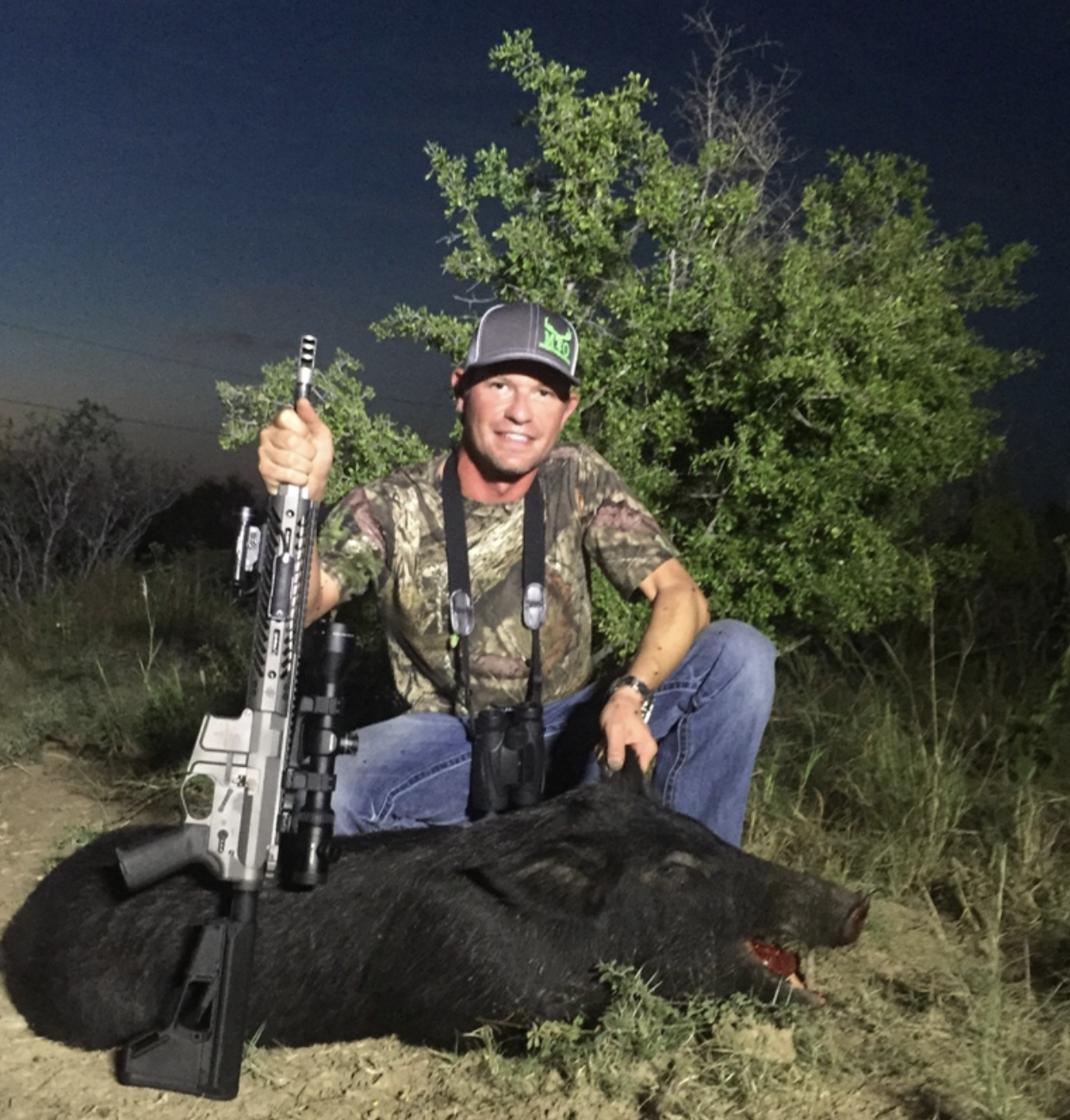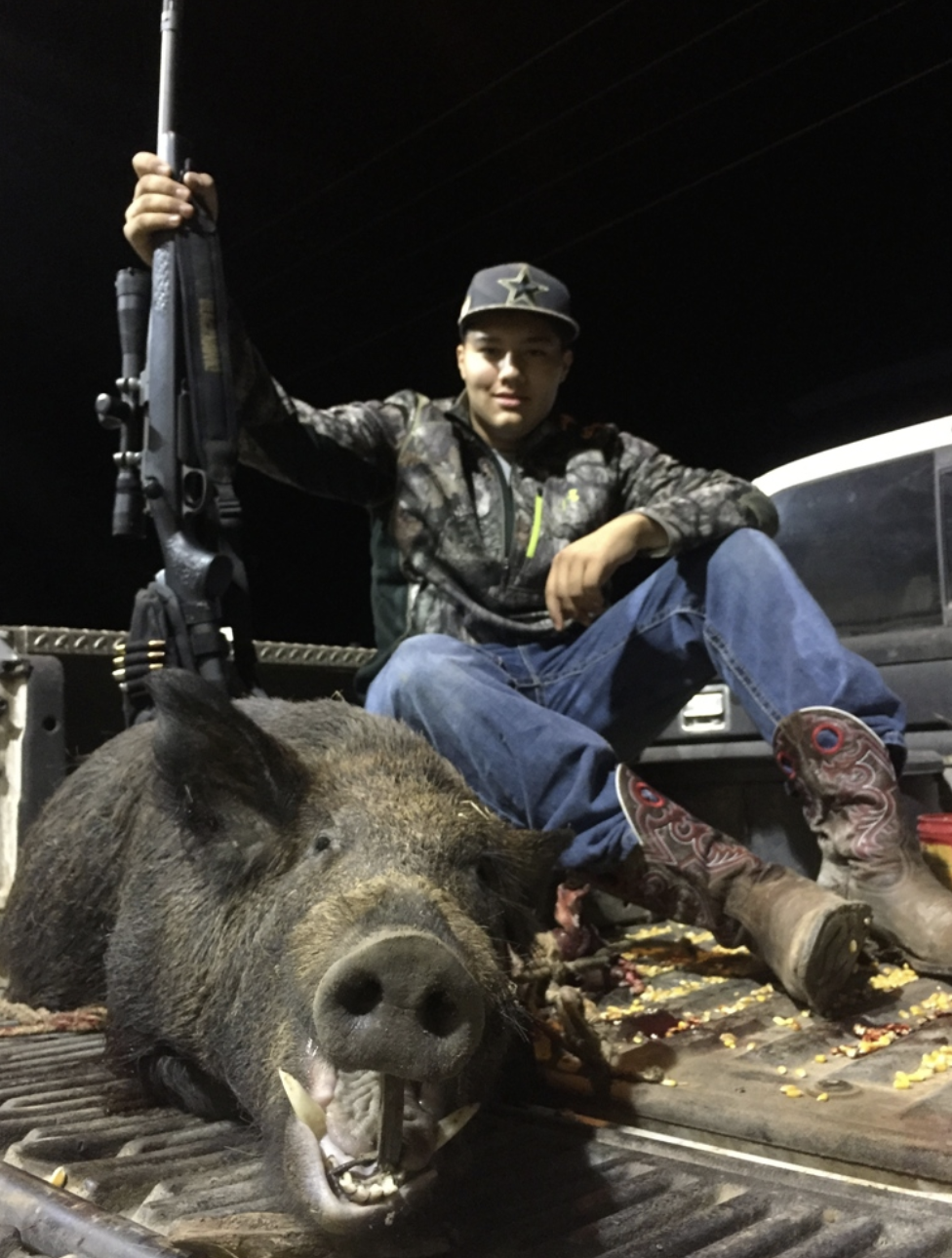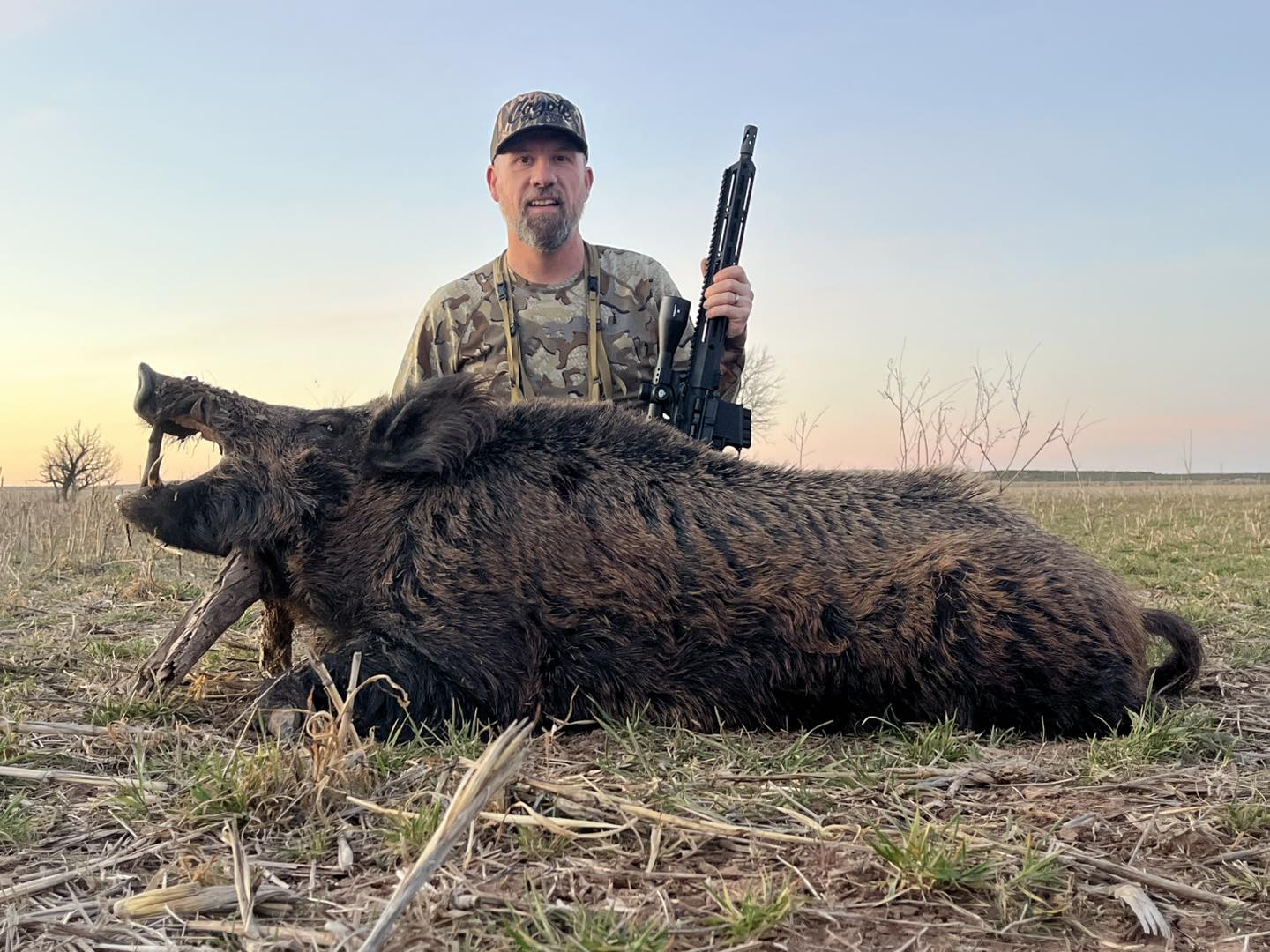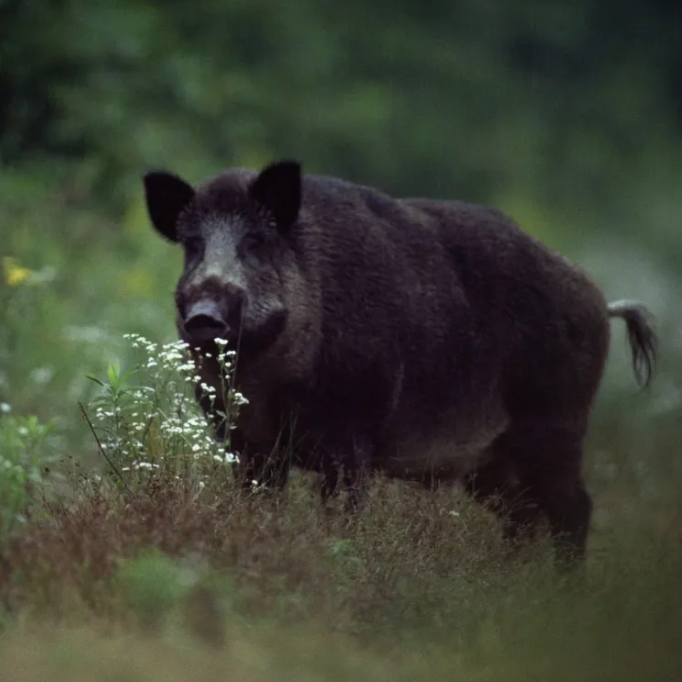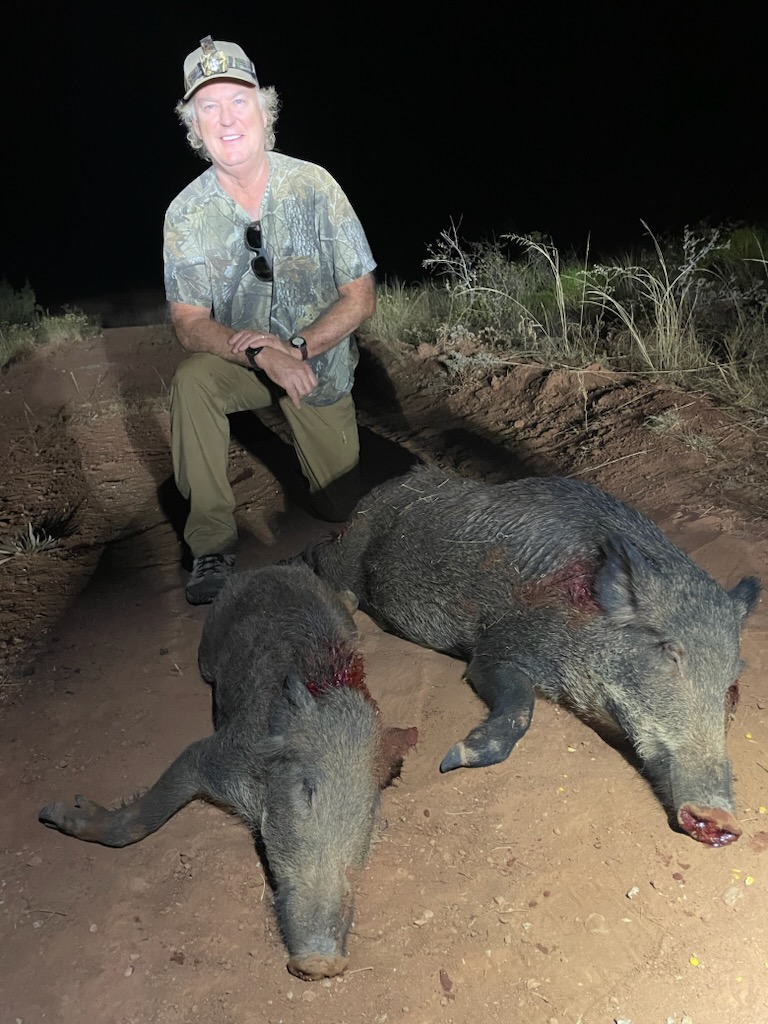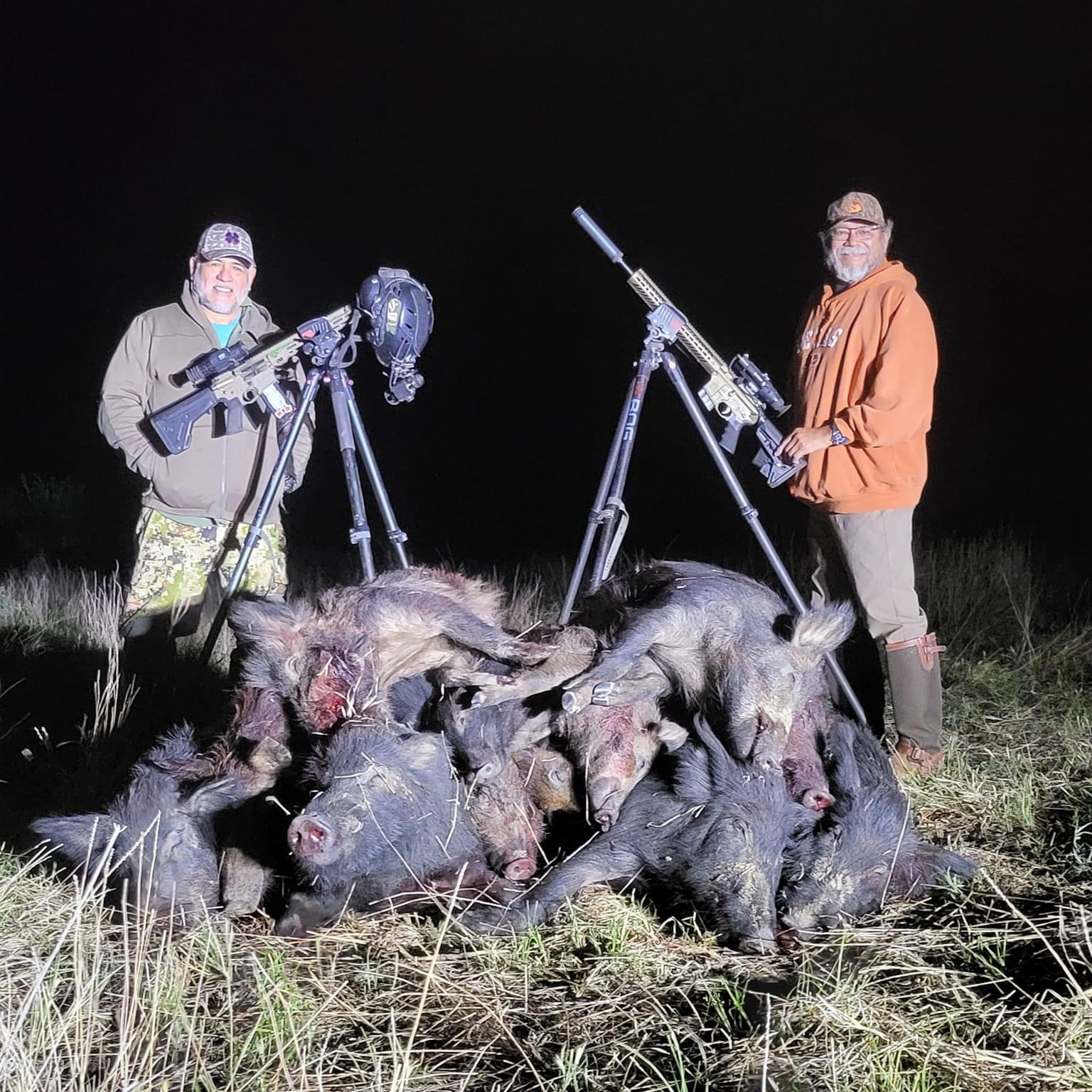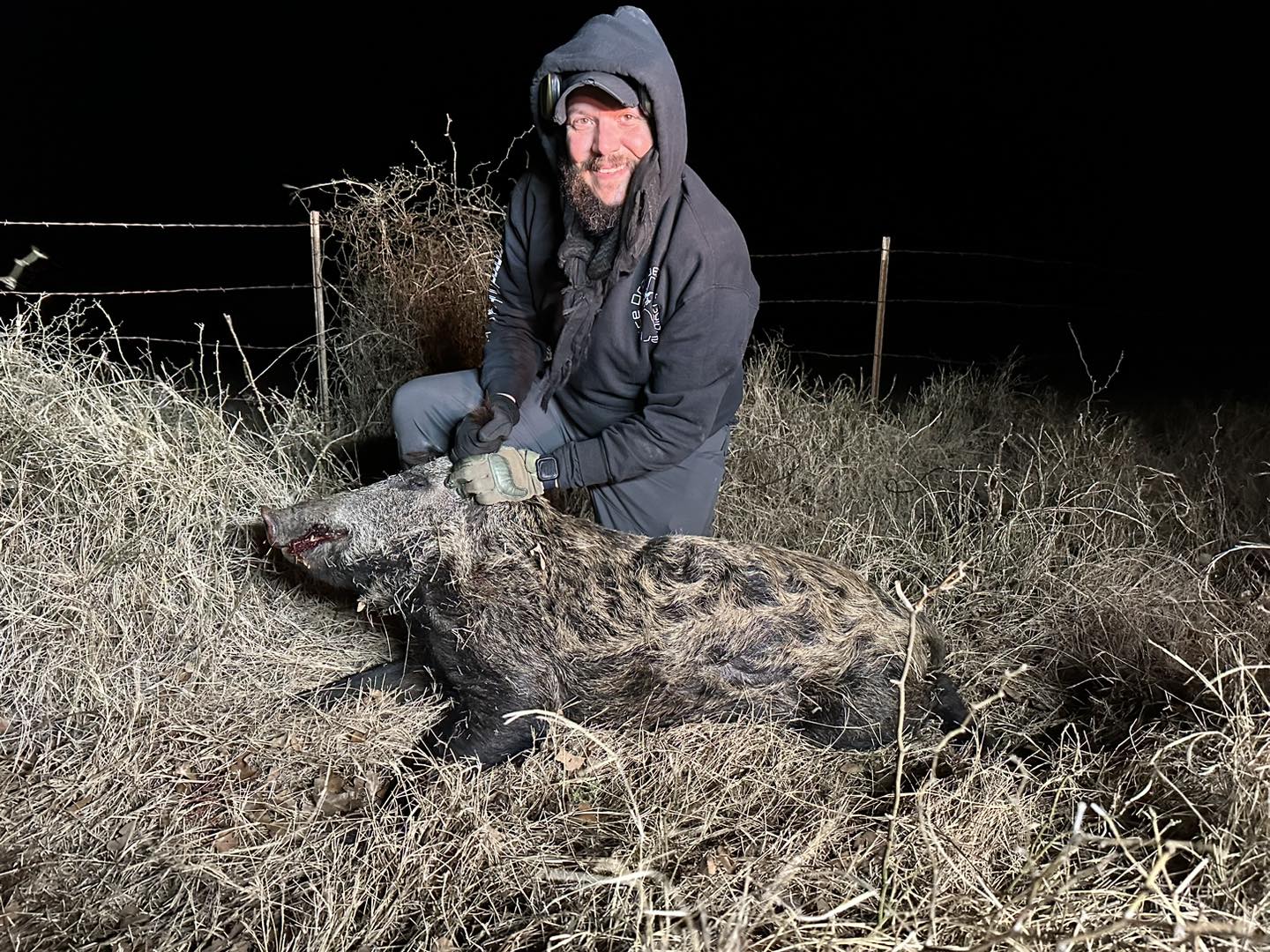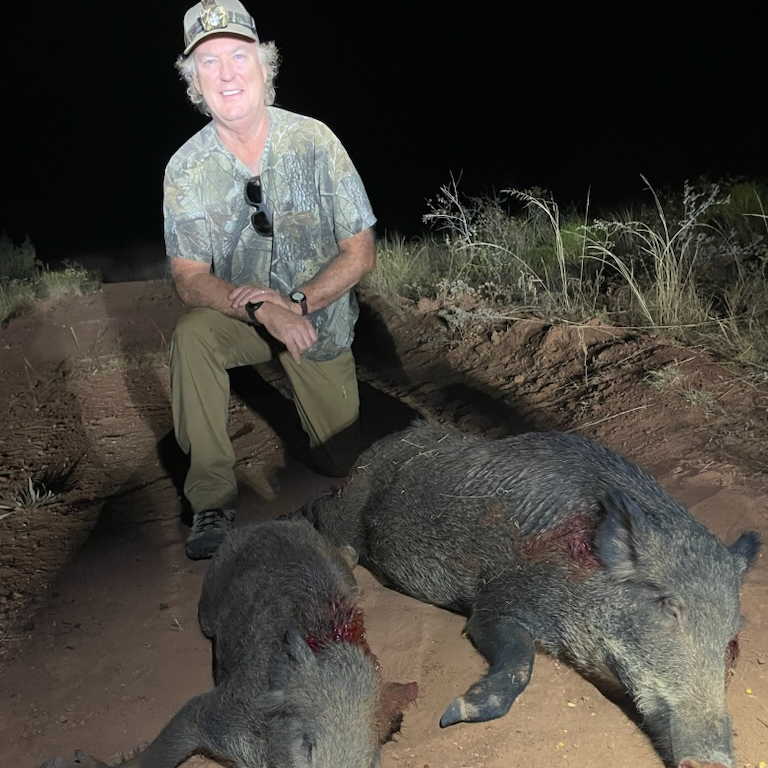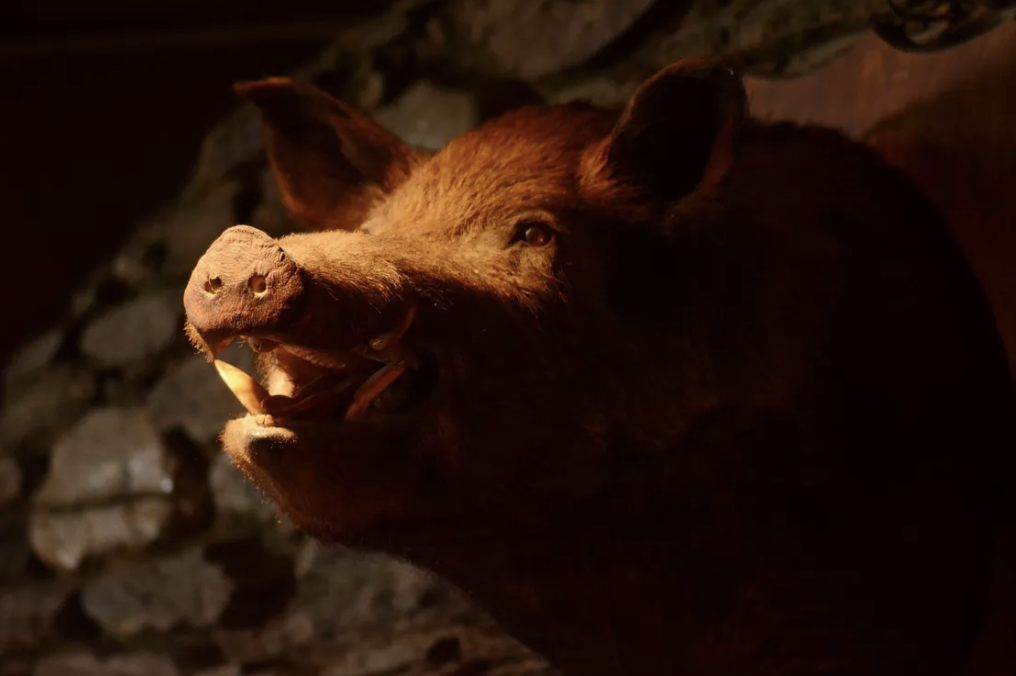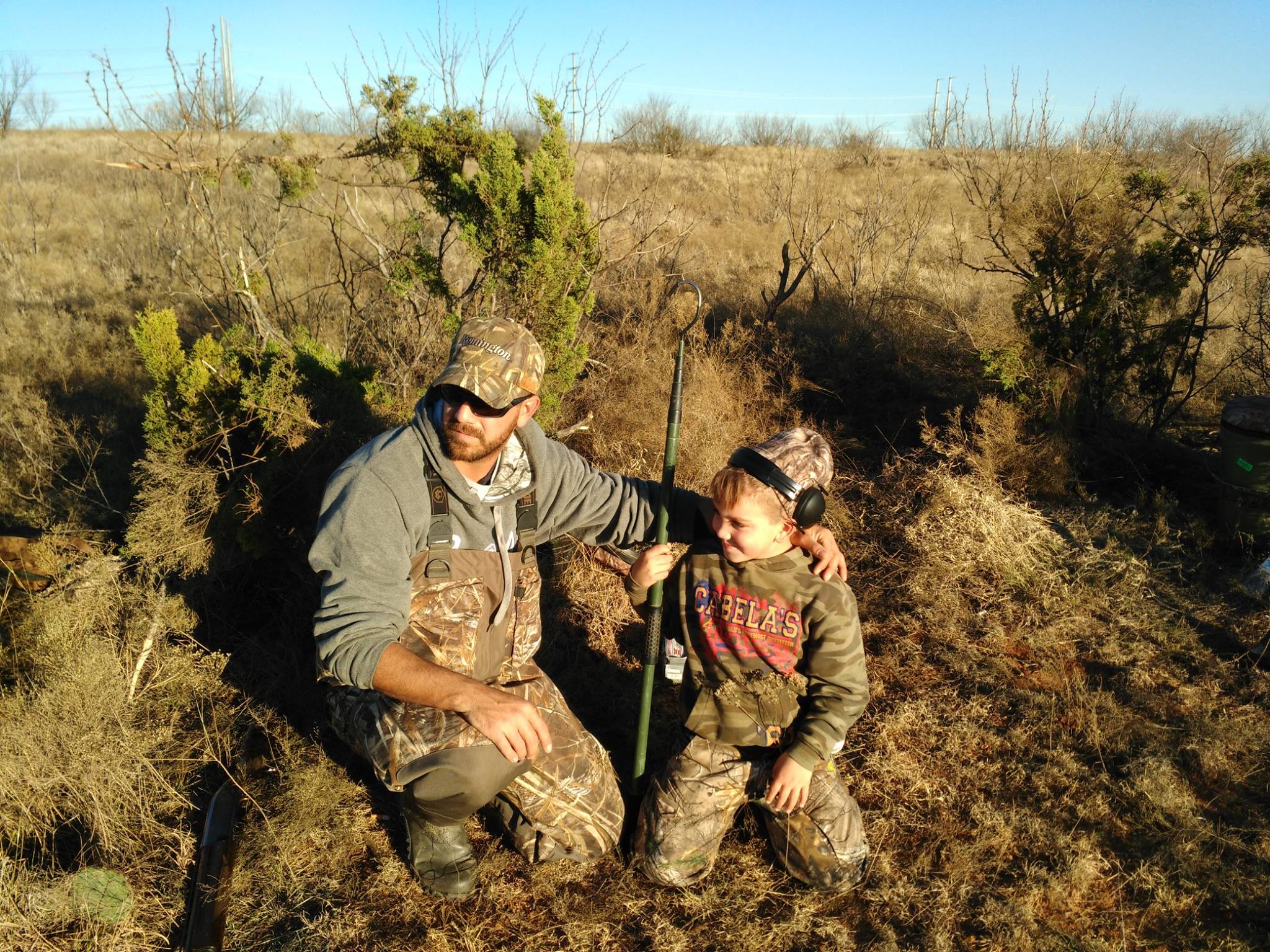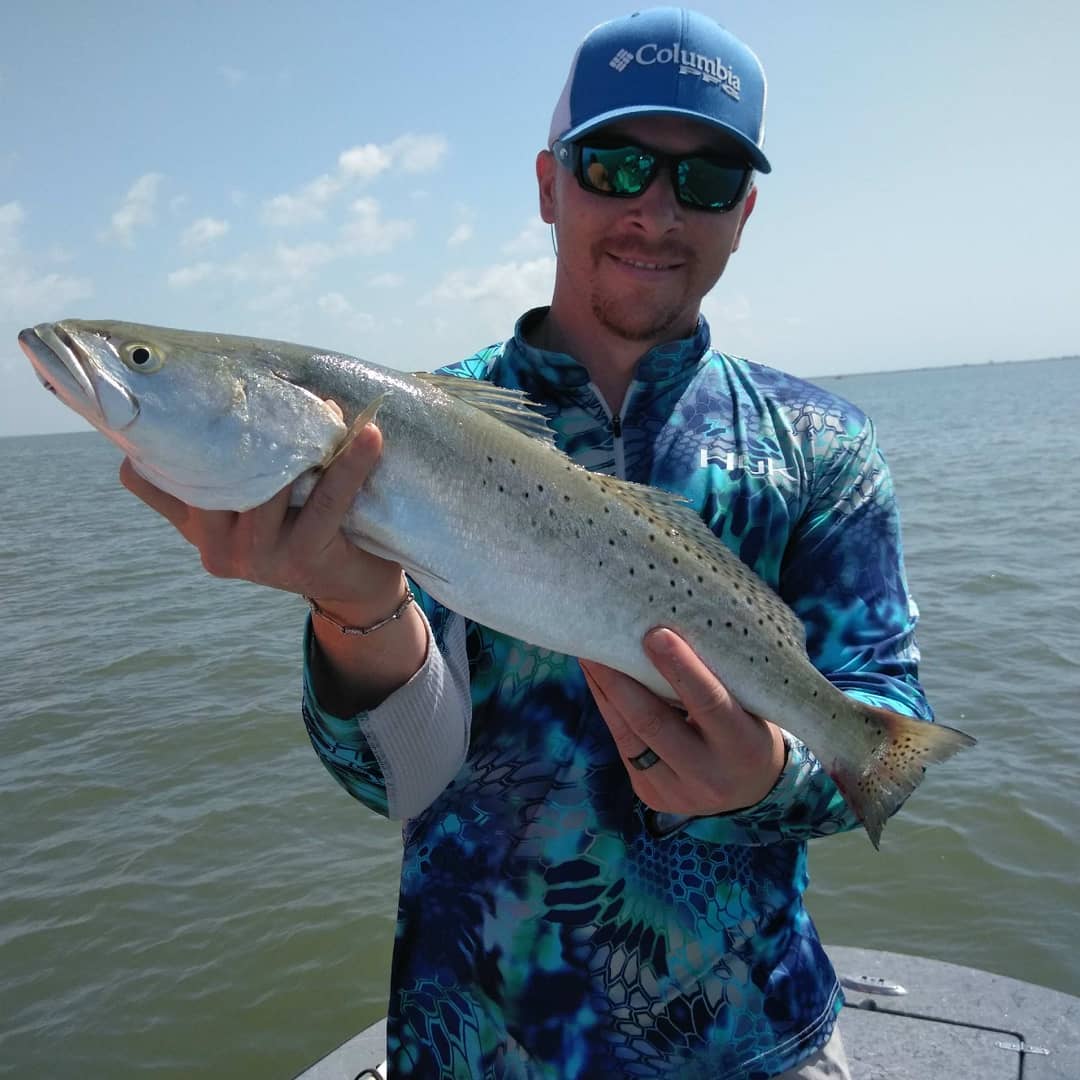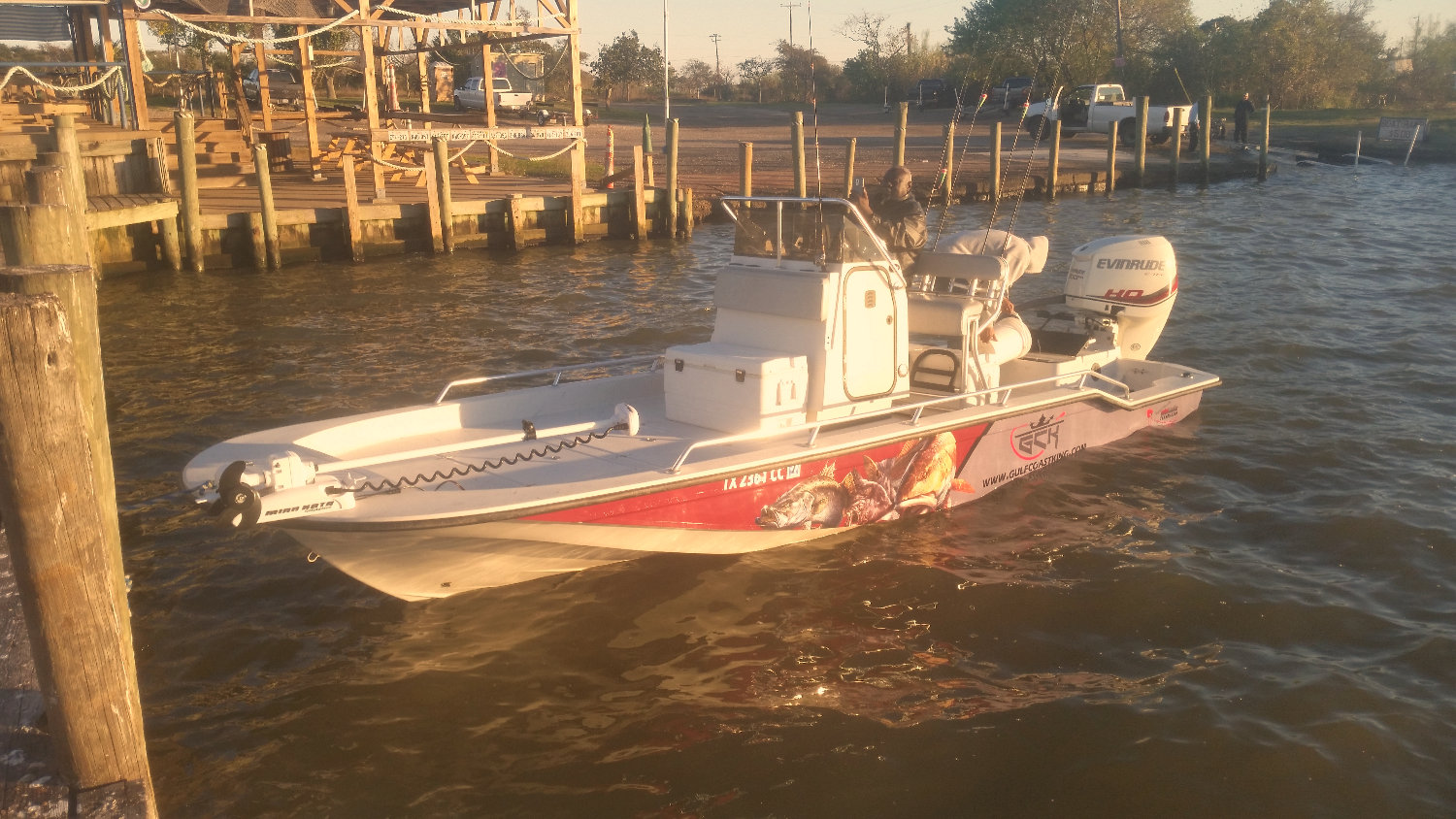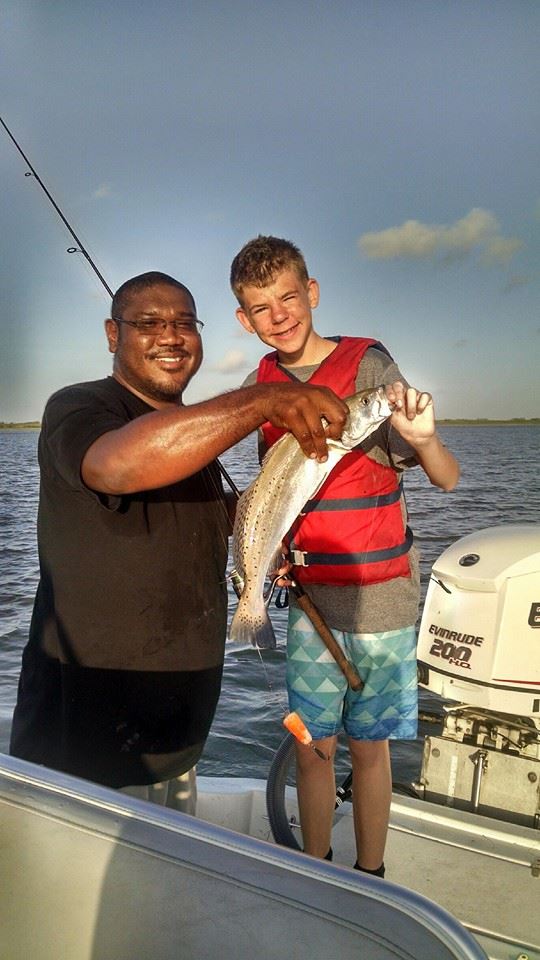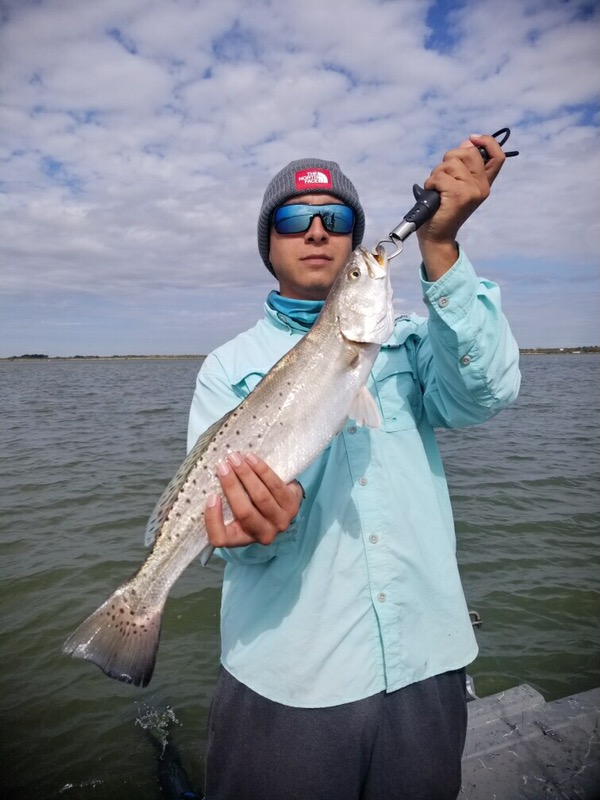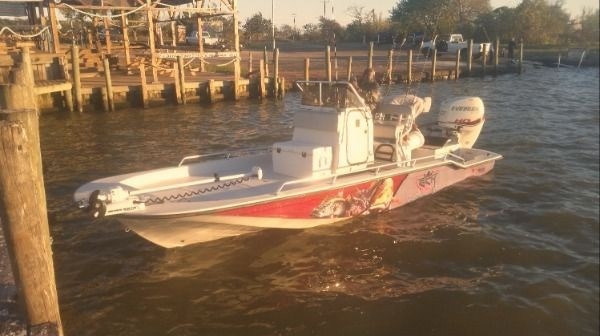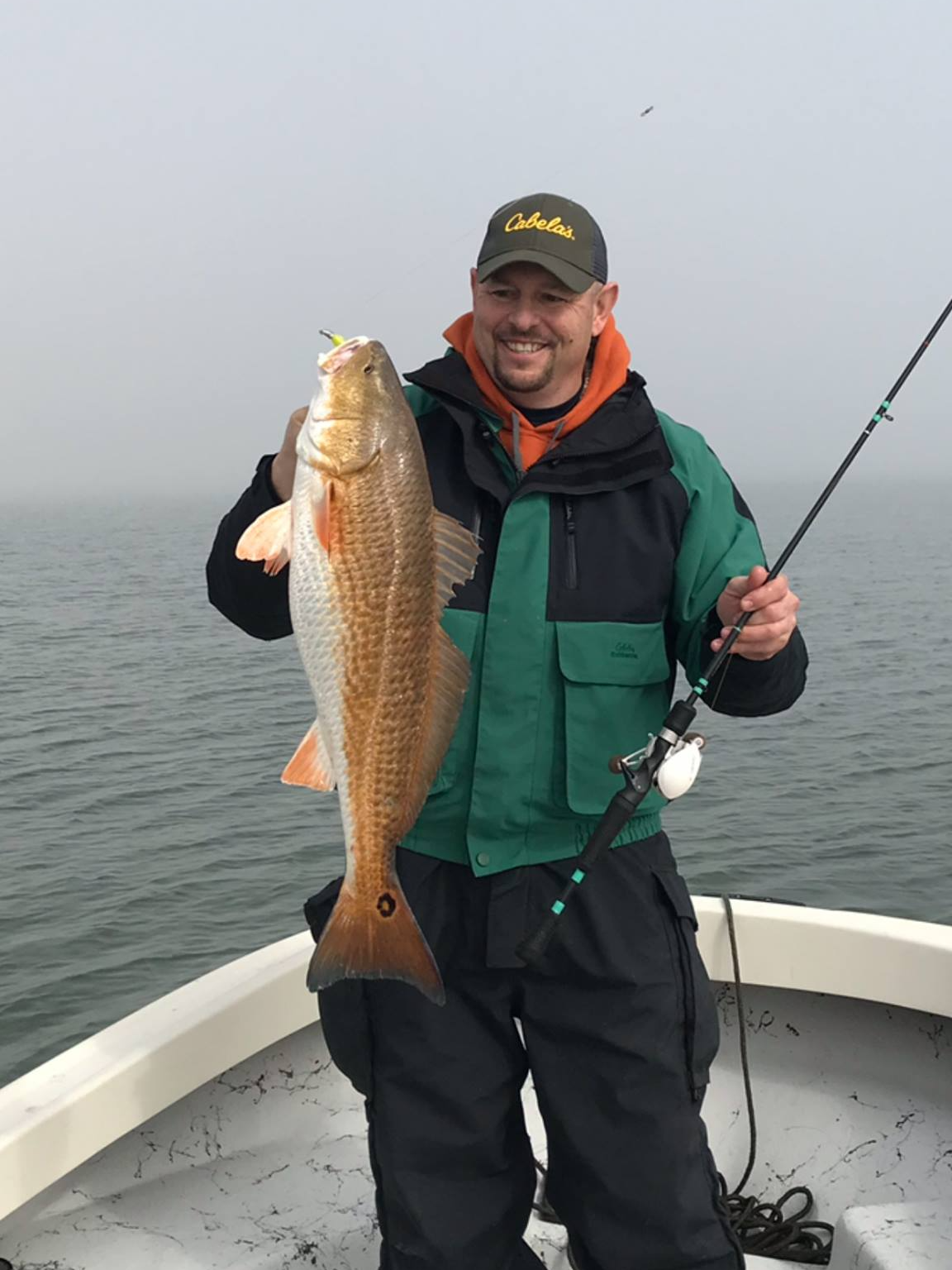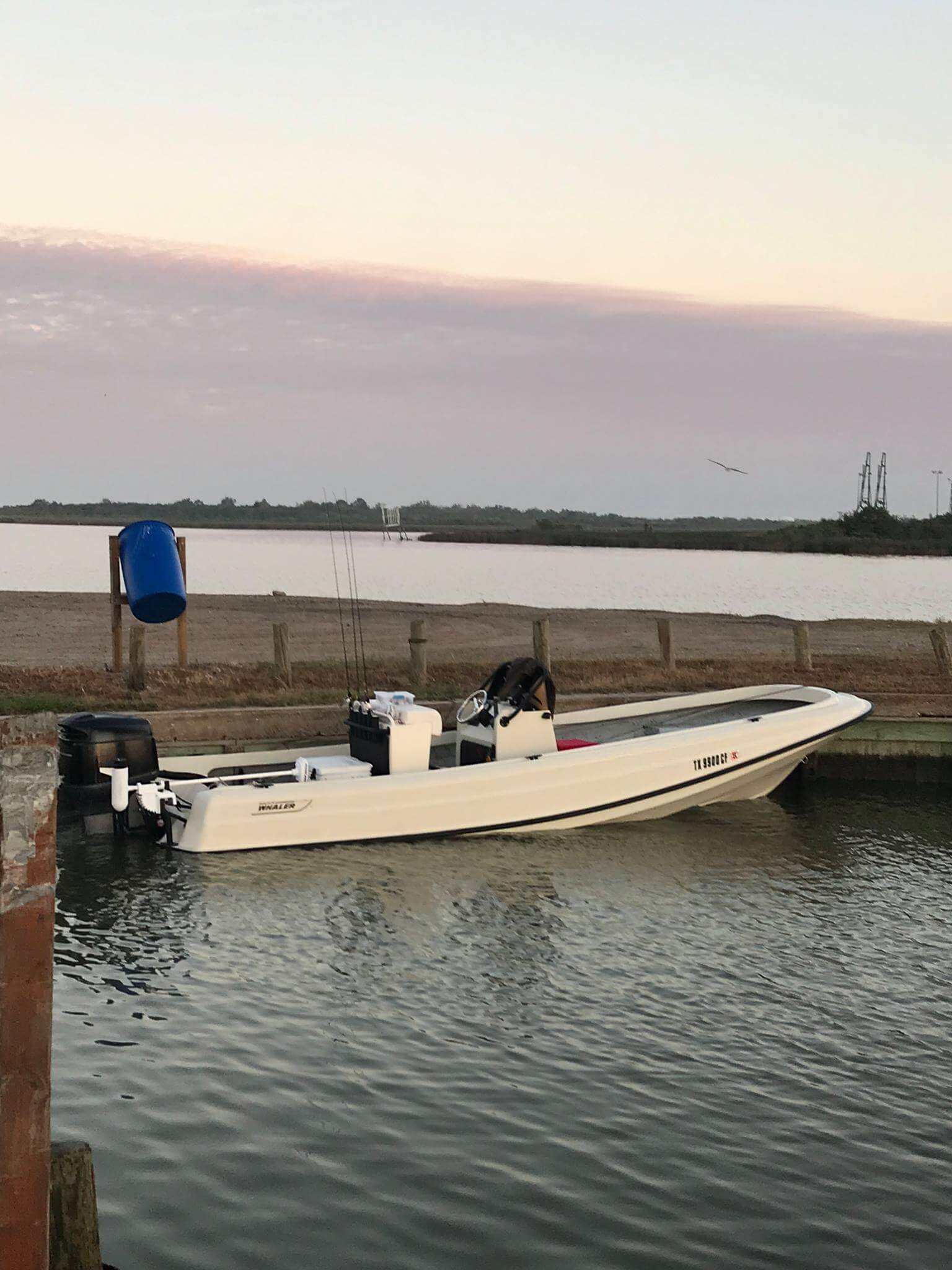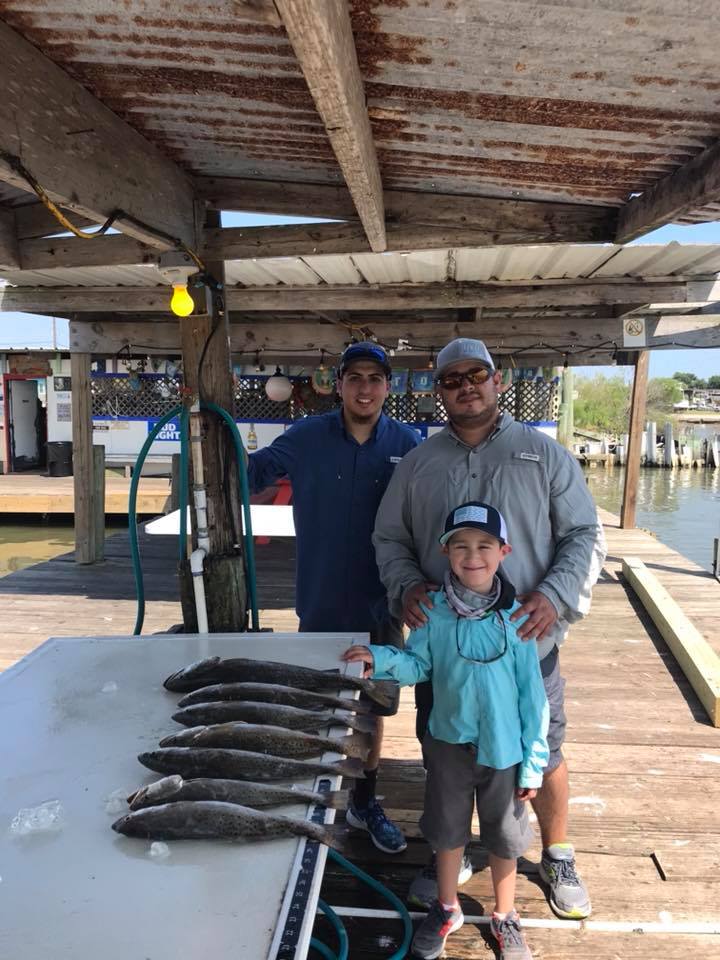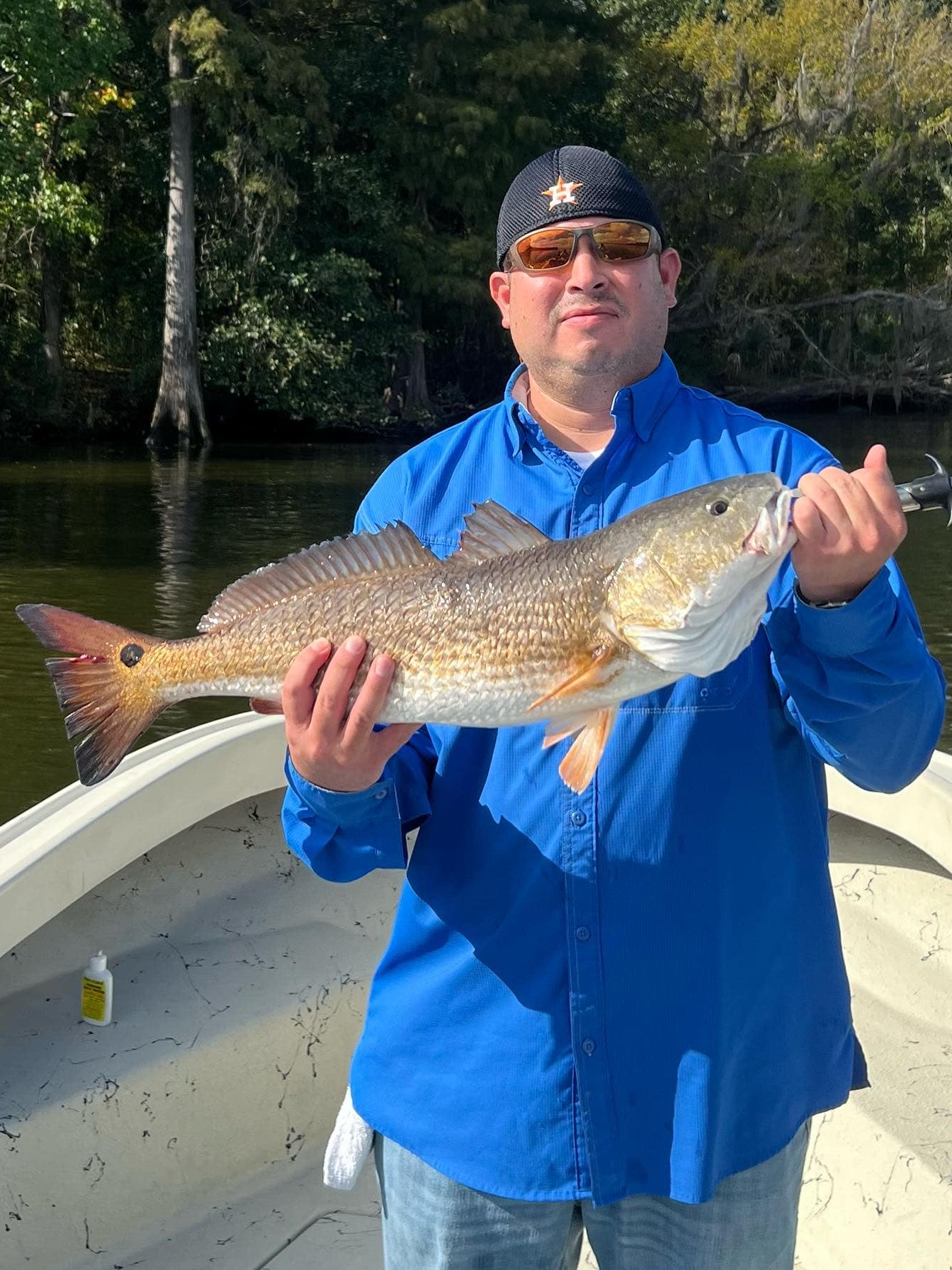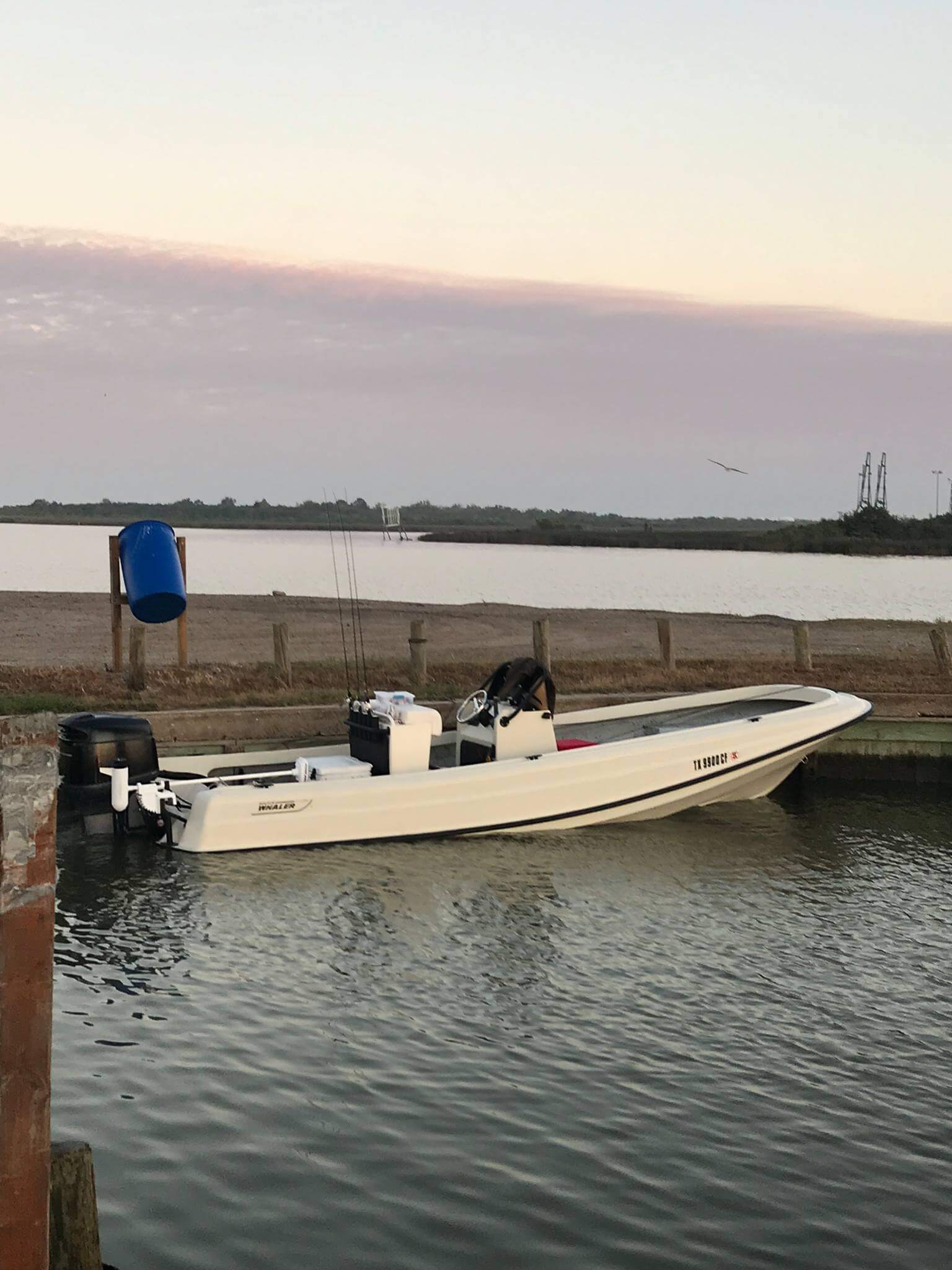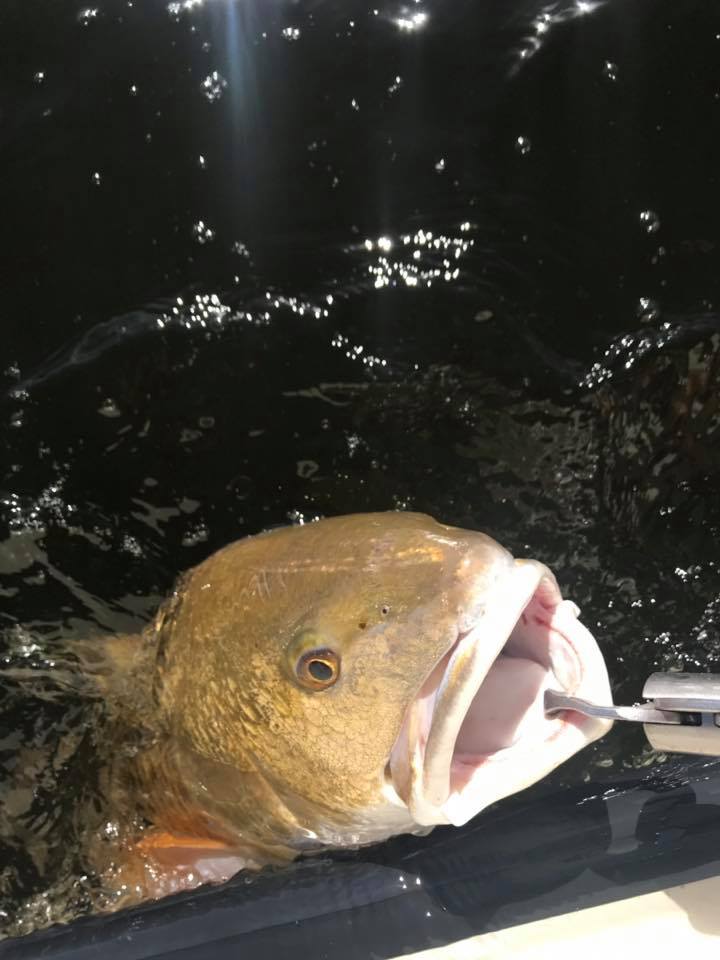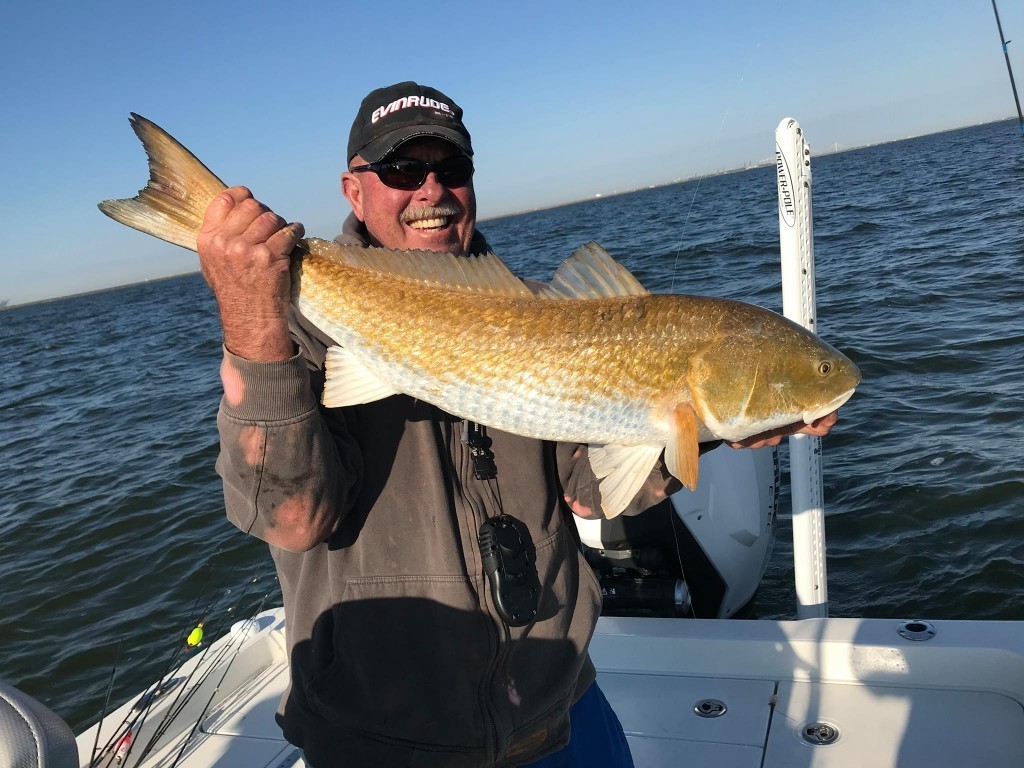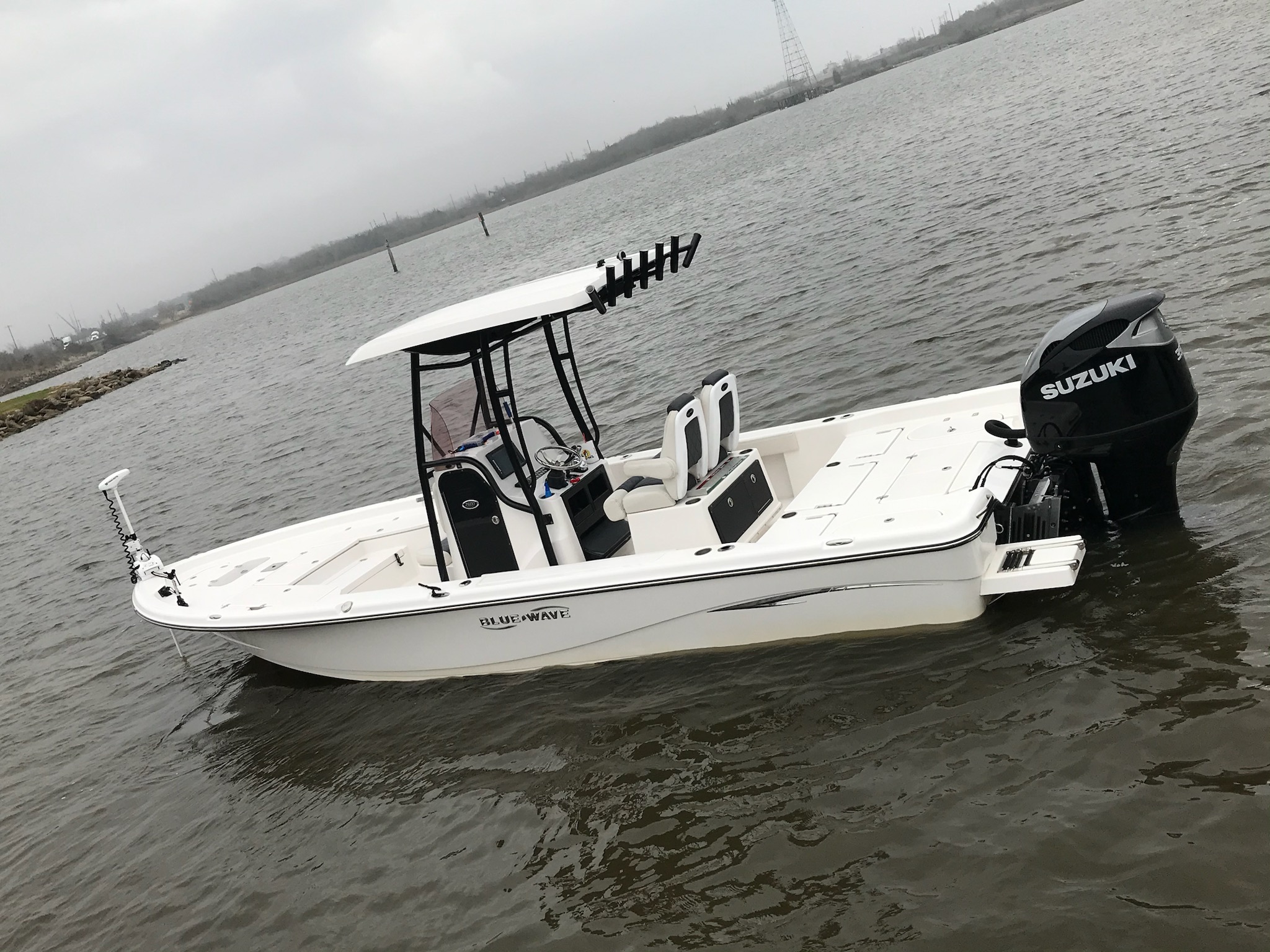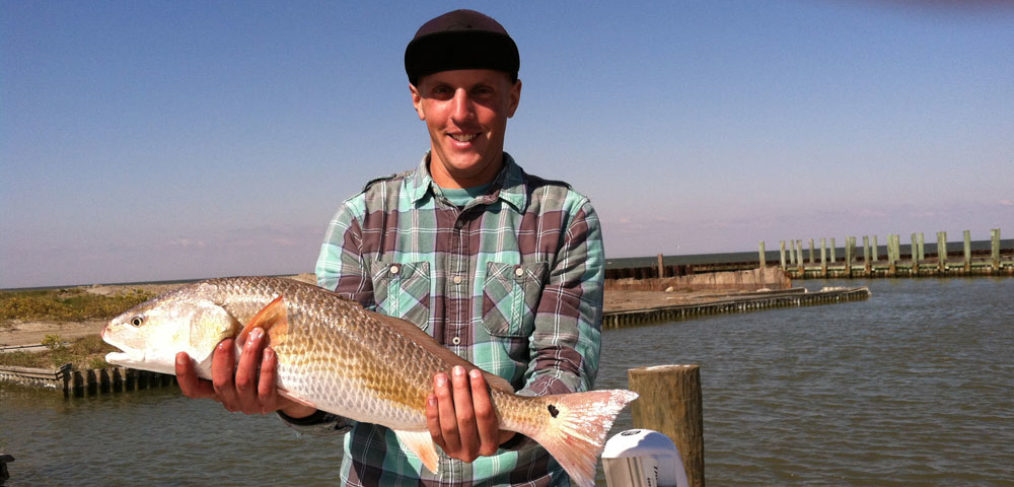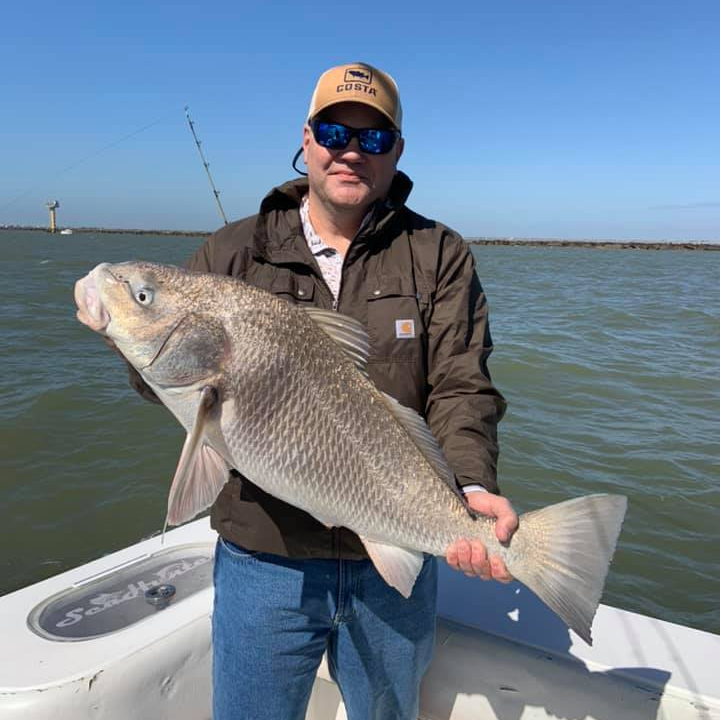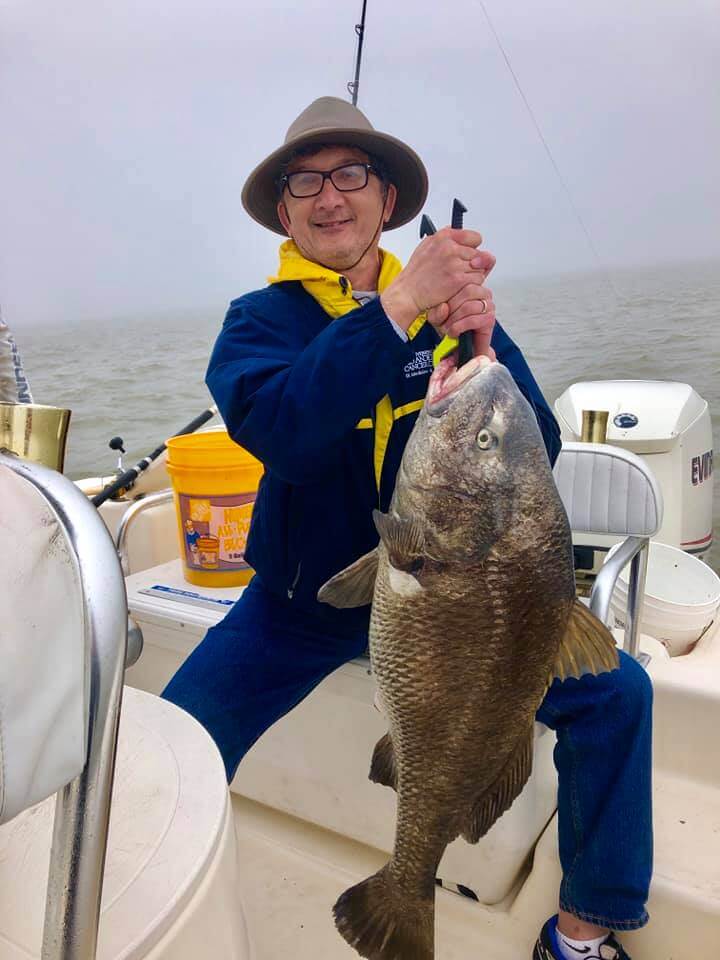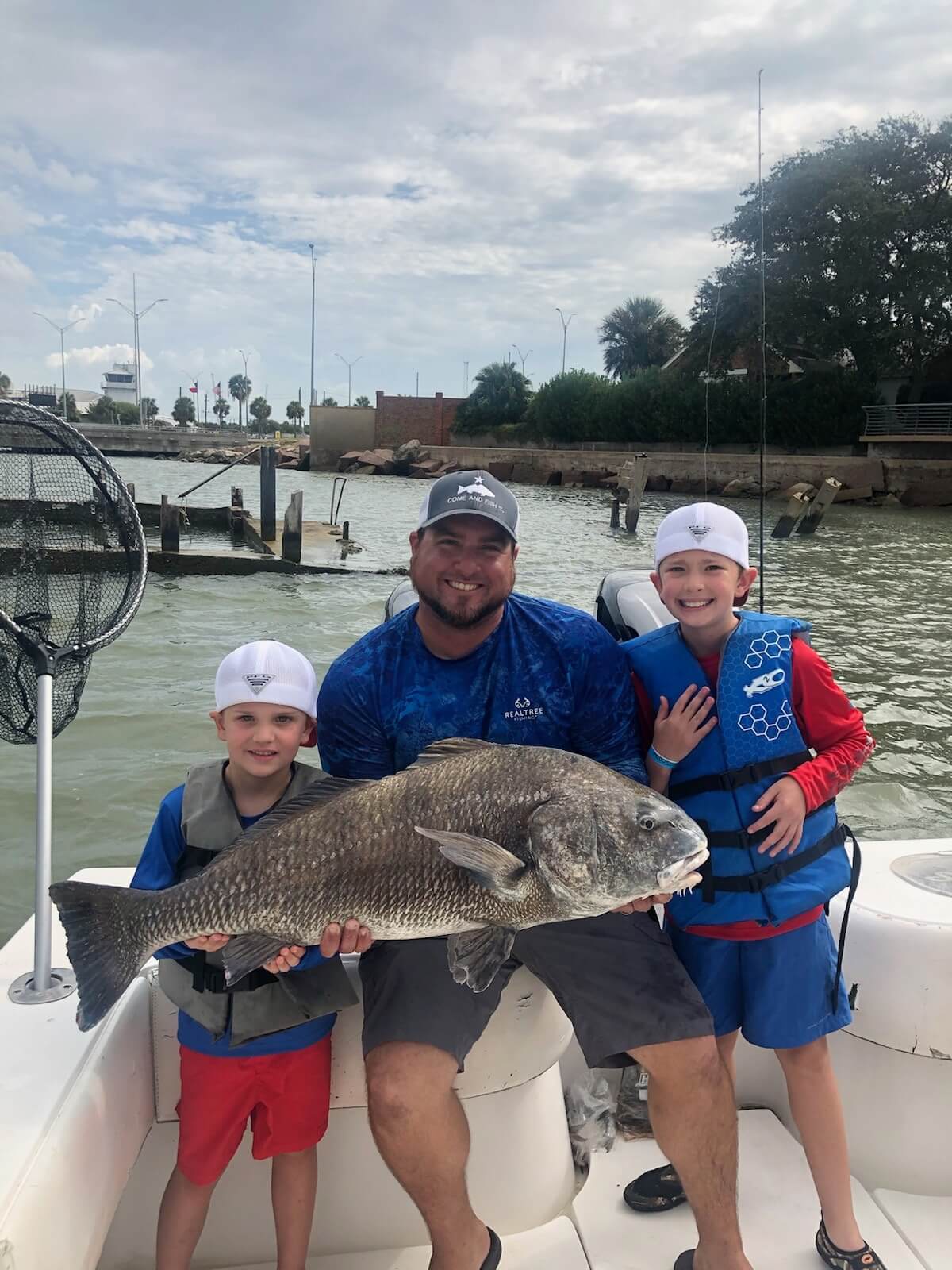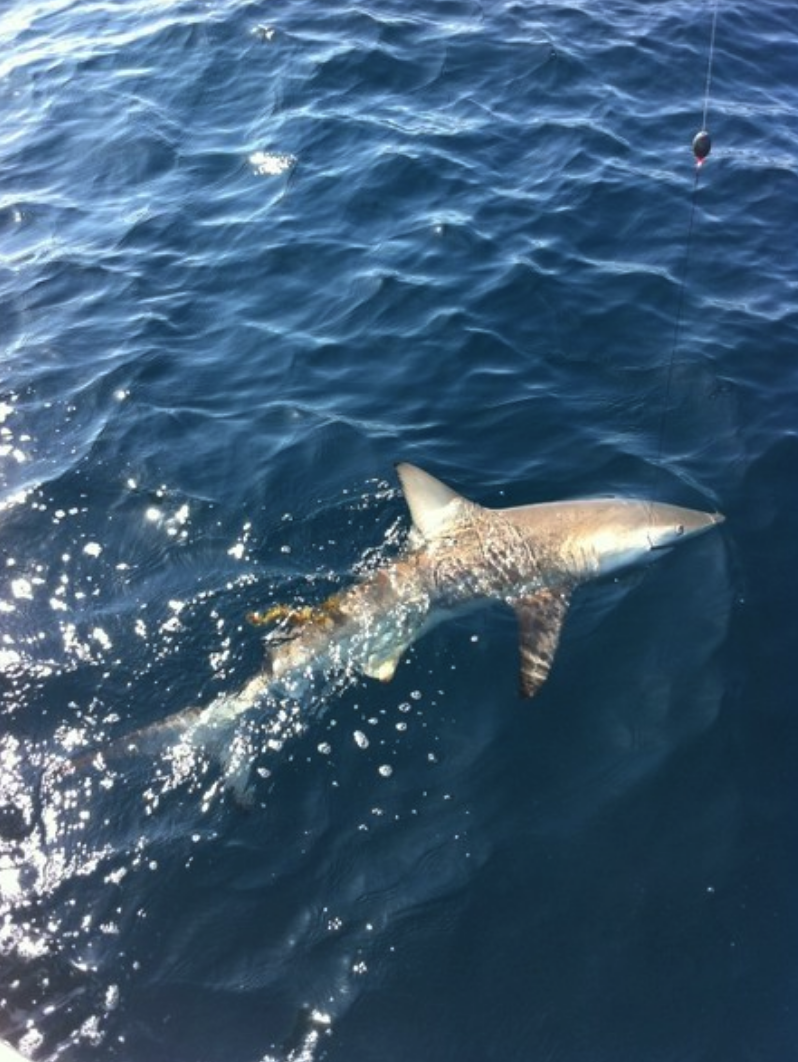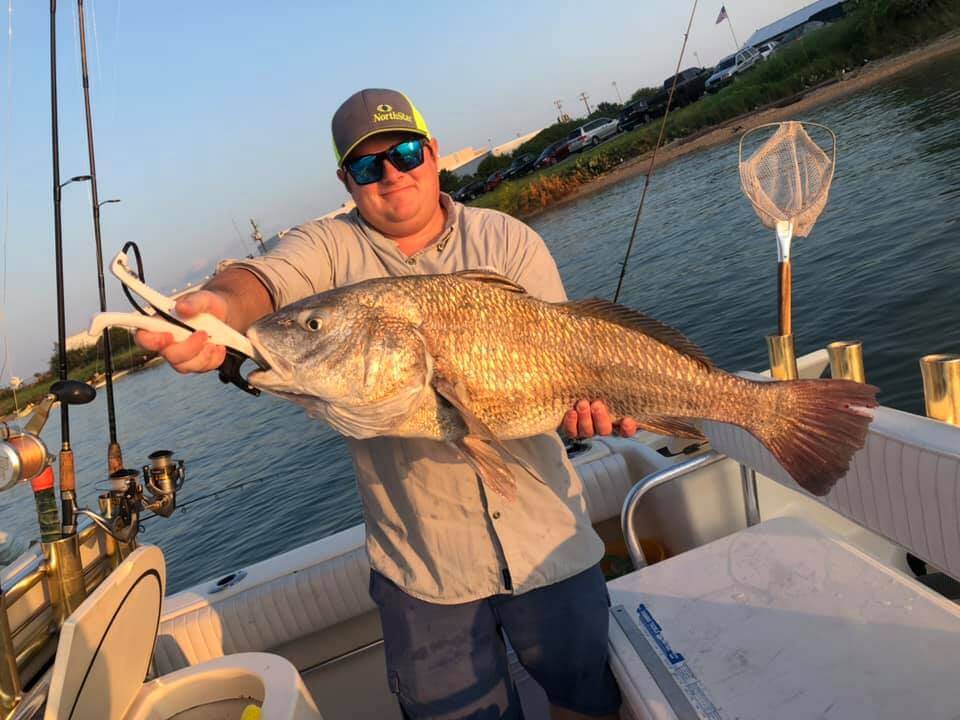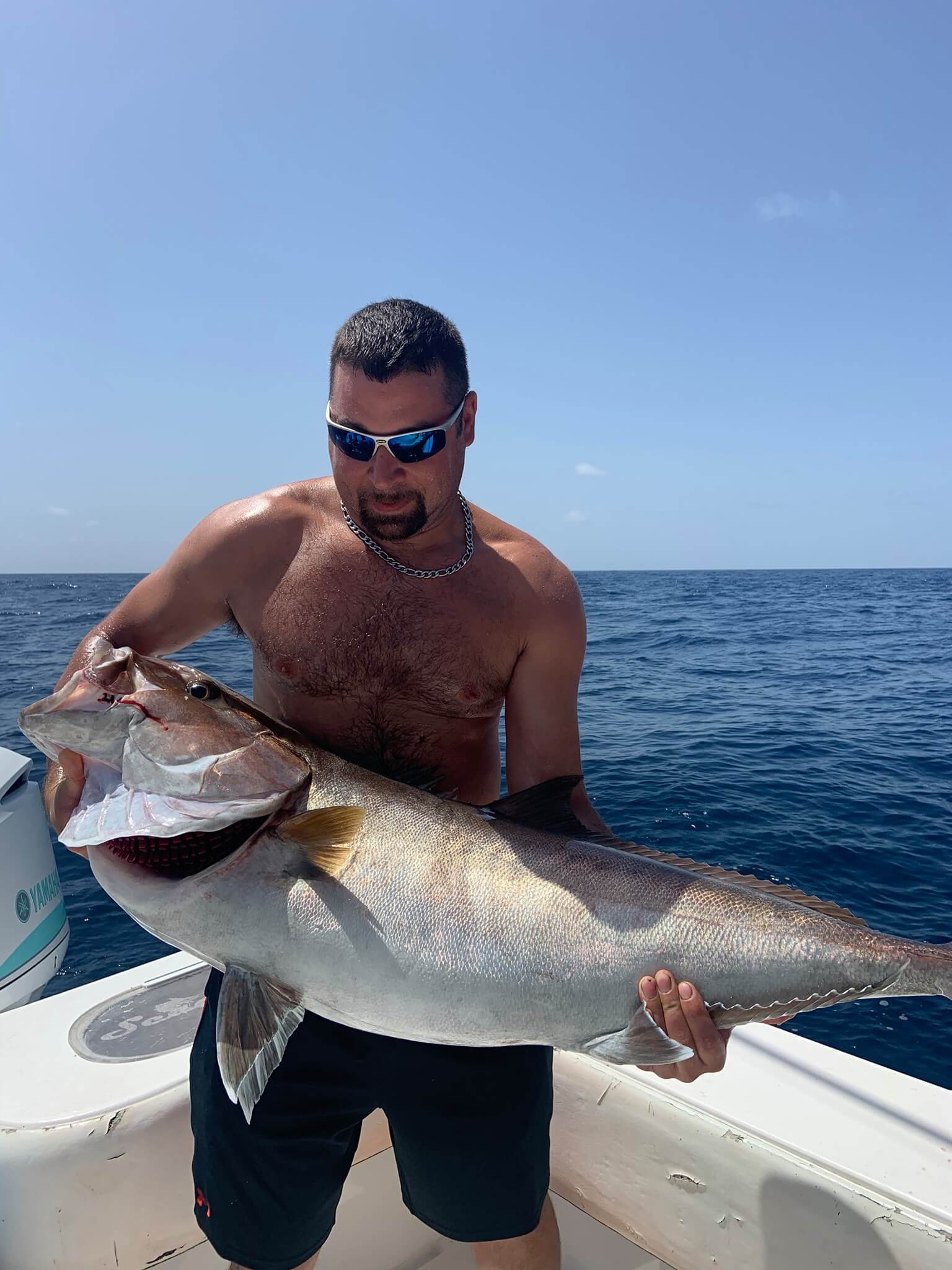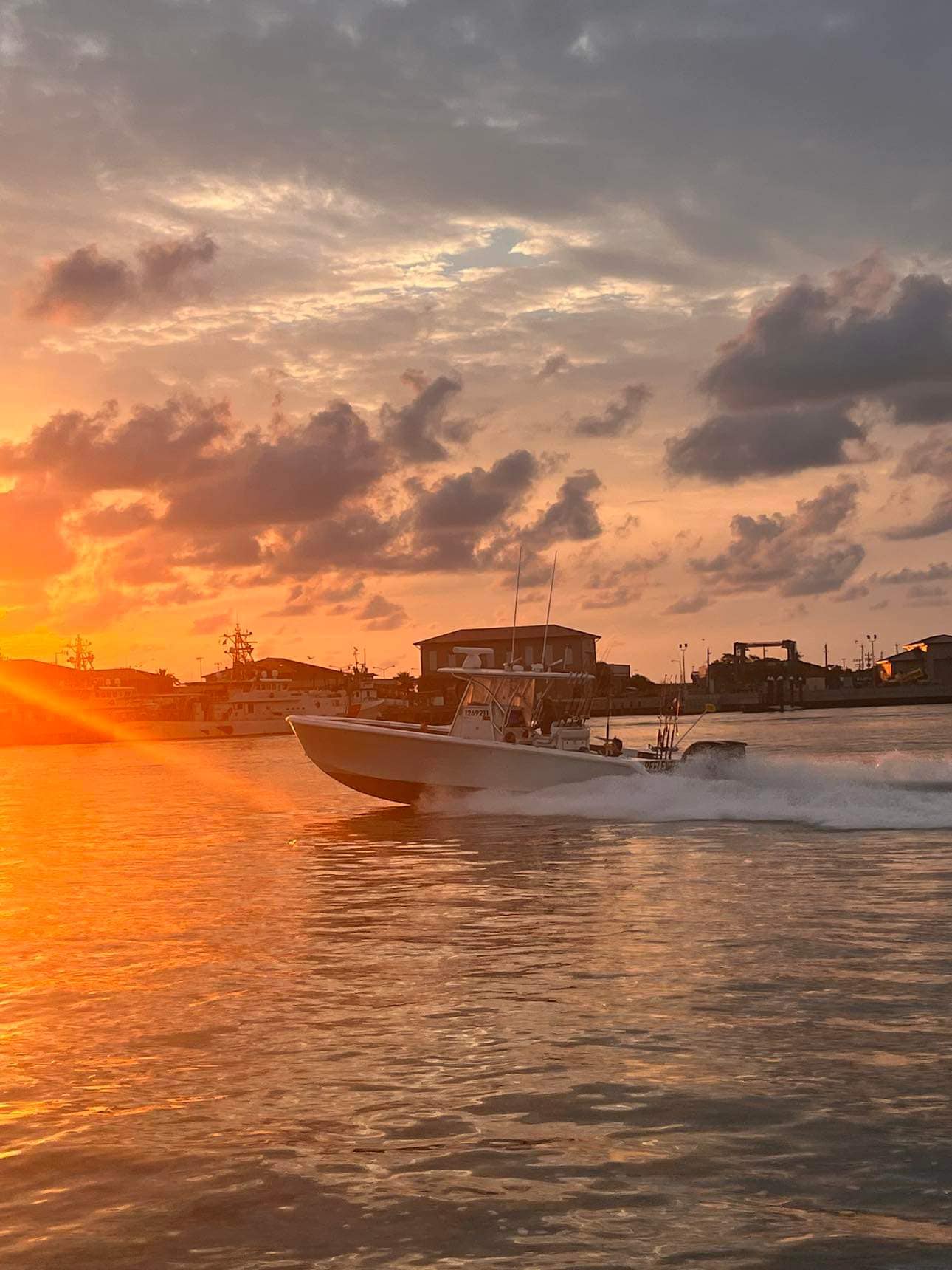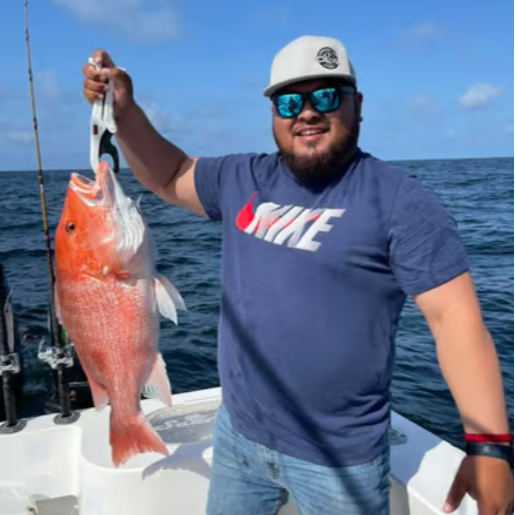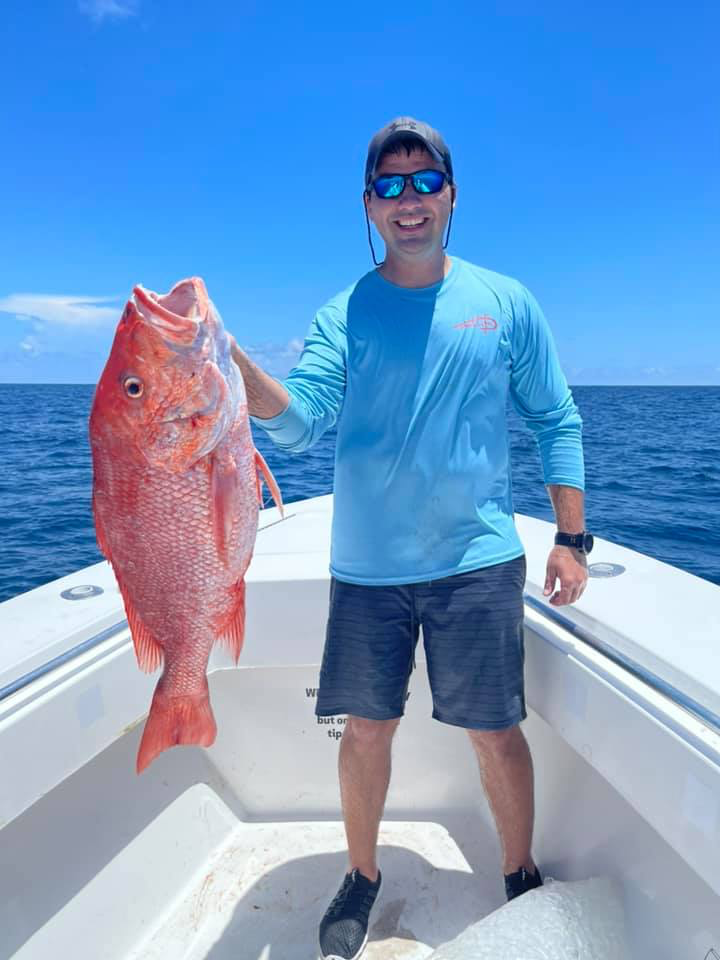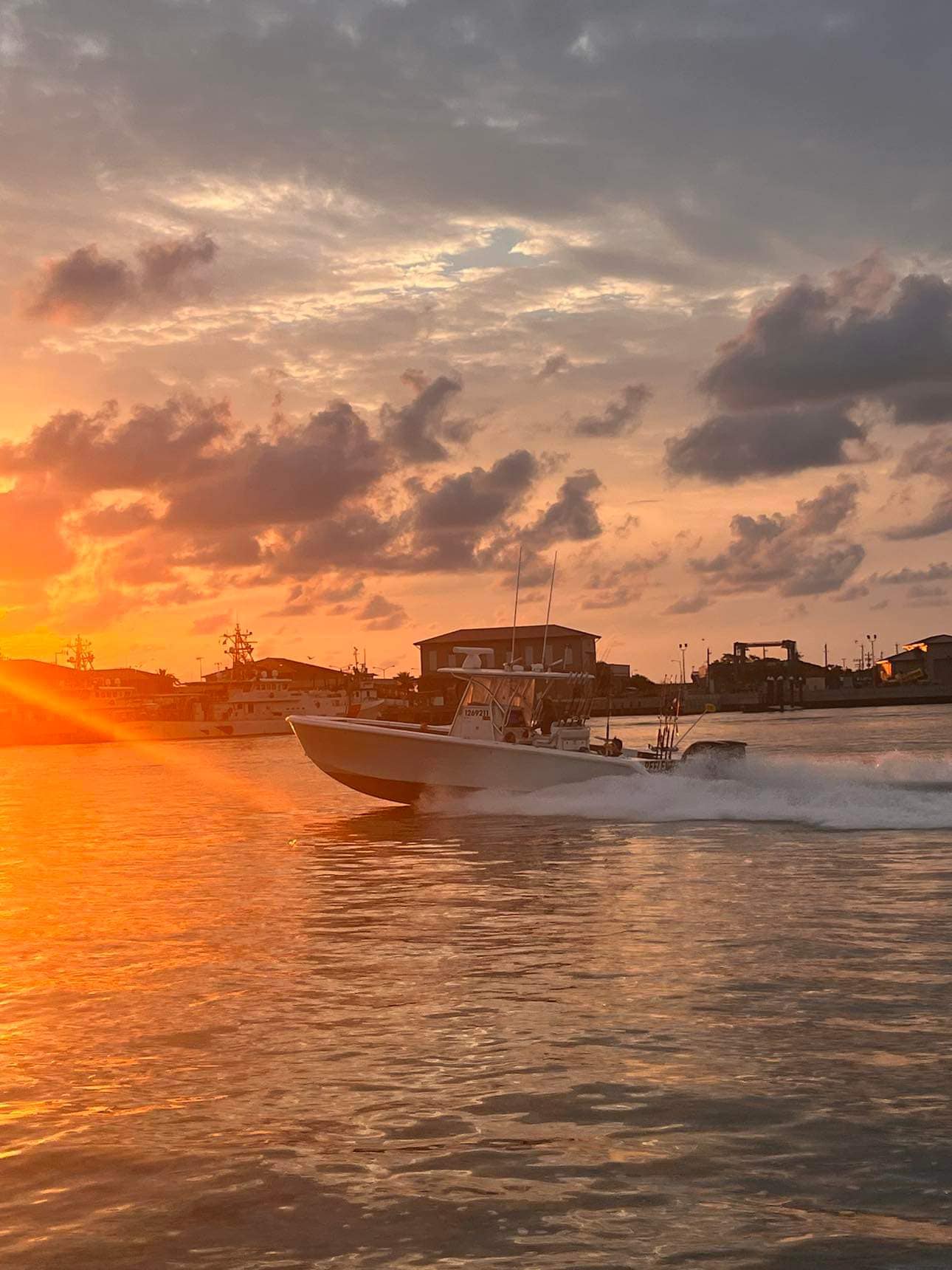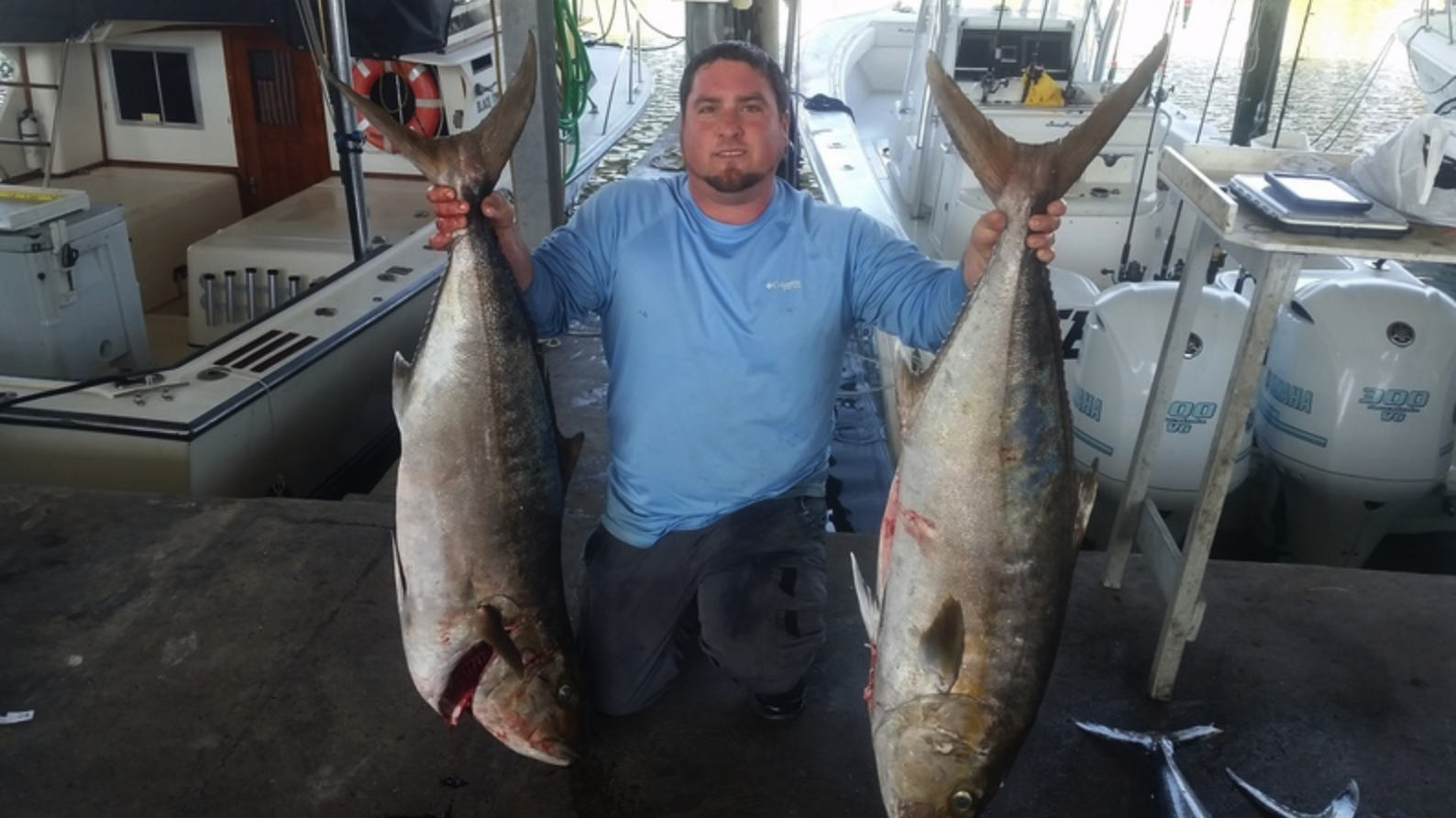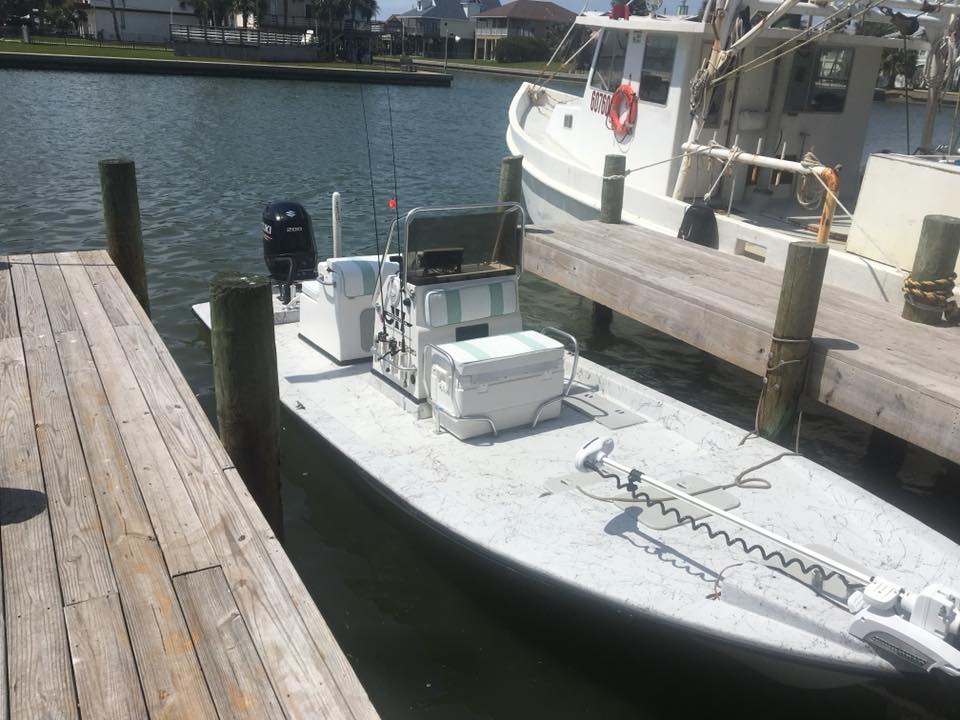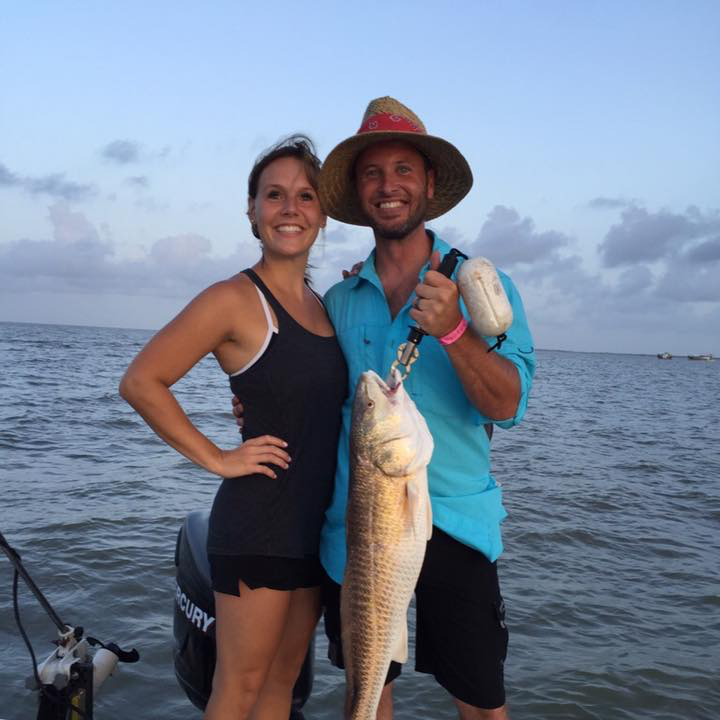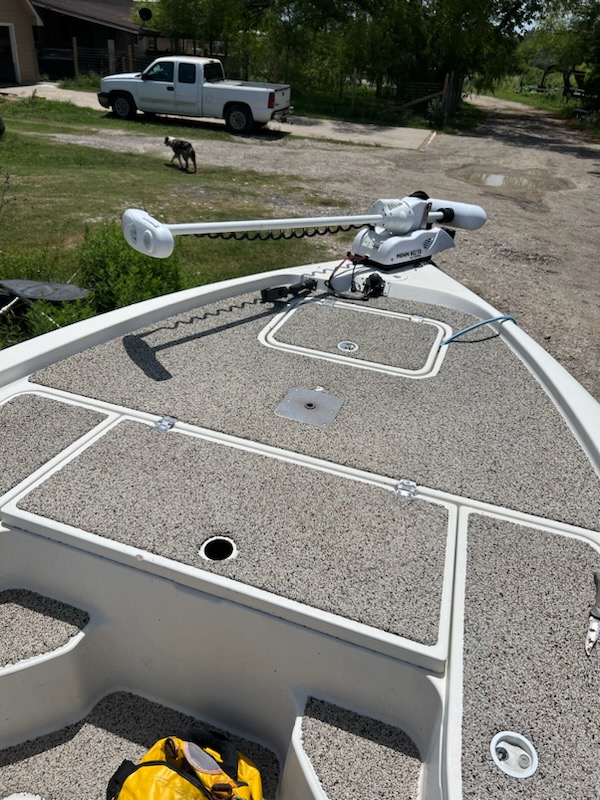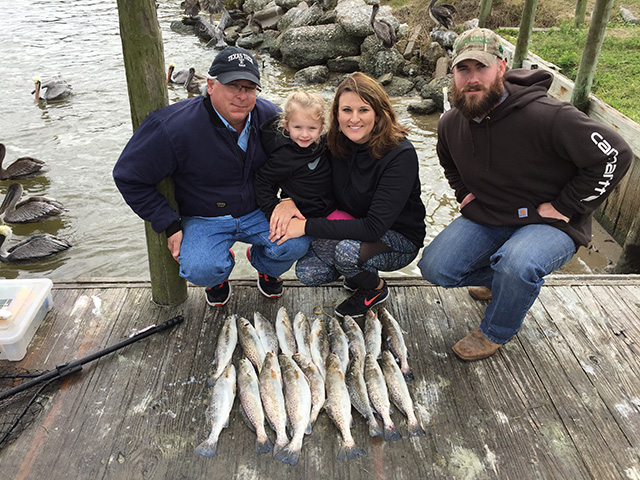Damn Good Guides
Experts Available 24/7
100% Weather Guarantee
Recently Booked Predator Hunting Guides In Texas
Invasive Species, Predator Hunting in Carrizo Springs
Hog Hunting Fun
Invasive Species, Predator Hunting in Abilene
3-Day Hog Hunt With Lodging
Invasive Species, Predator Hunting in Rising Star
Night Time Thermal Hog And Varmit
Invasive Species, Predator Hunting in Abilene
Takin' Down Texas Hogs
“Our Damn Good Guides go above and beyond, and we’ve handpicked every single one. We’re passionate about the outdoors and look forward to getting you out on the trip of a lifetime, every time.”
Jonathan and Attison | Co-founders | Austin, Texas
Other Captain Experiences Trips in Texas
West Bay Trip
Upper Galveston Bay Trip
Inshore, Nearshore Fishing in Galveston
22' Whaler Inshore
22' Whaler Inshore - Texas City
Galveston Inshore Trip
Nearshore, Jetty Fishing in Galveston
Bay And Jetty Fishing
Nearshore, Jetty Fishing in Galveston
Shark And Bull Drum Trip
Nearshore Fishing in Galveston
State Water Slam
Going Deep - 35' Sea Hunter
Blue Water Adventure
Freeport Bay Fishing Trip
Galveston Trout And Redfish Roundup
Need a Place to Stay?
Everything to Know About Booking a hunting trip in Texas
What are the best predator hunting trips in Texas?
The best predator hunting trips in Texas are:
What is predator in Texas all about?
Predators in Texas encompass a wide range of species, each playing a crucial role in the state's diverse ecosystems. Among the most iconic predators are the big cats, including the elusive mountain lion (also known as cougar or puma) and the bobcat. These solitary predators are adept hunters, preying on deer, small mammals, and occasionally livestock in the rugged terrain of Texas' hill country and forests. While encounters with these predators are rare due to their elusive nature, they symbolize the wild and untamed aspects of Texas' natural landscapes.
In the expansive grasslands and savannas of Texas, another formidable predator is the coyote. Highly adaptable and intelligent, coyotes are known for their opportunistic hunting behaviors and can thrive in both rural and urban environments. They primarily prey on small mammals, birds, and sometimes scavenged food, playing a significant role in regulating local ecosystems by controlling populations of rodents and other prey species. Coyotes are also known for their distinctive howls and yips, which resonate across the open plains of Texas, adding to the state's auditory tapestry of wildlife sounds.
In Texas' coastal waters and marshlands, apex predators such as alligators reign supreme. American alligators, known for their powerful jaws and stealthy hunting tactics, are found in freshwater habitats throughout the state, including rivers, lakes, and marshes. These ancient reptiles primarily feed on fish, turtles, birds, and occasionally larger mammals that venture too close to the water's edge. While alligators generally avoid human interaction, their presence underscores the need for caution and respect when exploring Texas' natural waterways and wetlands, where these impressive predators maintain a delicate balance within their ecosystems.
What are the most popular months to go predator in Texas?
Predator seasons in Texas vary across the state's diverse landscapes and habitats, each influenced by factors such as prey availability, breeding cycles, and environmental conditions. In the rural and wooded regions, predator activity tends to peak during the cooler months of fall and winter. This is especially true for predators like coyotes and bobcats, which become more active as temperatures drop and prey species such as rabbits and rodents become more abundant. Hunters and wildlife enthusiasts often capitalize on this time to pursue these predators, utilizing techniques such as calling and tracking to enhance their success.
Spring in Texas marks a significant period for predator activity, particularly for species like mountain lions and bobcats. As vegetation begins to flourish and prey species start reproducing, predators become more active in their hunting pursuits. This season also coincides with the birth of many prey species, presenting opportunities for predators to target vulnerable young animals. In response, wildlife management practices often focus on monitoring predator populations and mitigating potential conflicts between predators and livestock or domestic pets.
Summer brings its own dynamics to predator behavior in Texas, with heat influencing activity patterns and hunting strategies. Predators like coyotes may adjust their hunting times to early morning or late evening when temperatures are cooler, while seeking shade during the hottest parts of the day. For species such as alligators in coastal areas, summer is a time of increased activity as they bask in the sun to regulate their body temperature and actively hunt aquatic prey in warmer waters. Overall, understanding predator seasons in Texas is essential for wildlife management efforts and for those who enjoy observing or hunting these fascinating creatures in their natural habitats throughout the year.
What techniques are popular for predator in Texas?
In Texas, predators encompass a diverse range of species that exhibit various hunting techniques adapted to their environments. One prominent predator is the coyote, known for its adaptability and opportunistic feeding habits. Coyotes are skilled hunters that employ techniques such as stalking, pouncing, and even cooperative hunting in family groups. They primarily prey on small mammals like rabbits and rodents, but also consume birds, insects, and occasionally scavenged food. Hunting coyotes in Texas often involves methods such as calling with electronic or mouth-blown calls to mimic distressed prey sounds, which attract curious coyotes within shooting range.
Another notable predator in Texas is the bobcat, a stealthy feline known for its solitary nature and elusive behavior. Bobcats are adept climbers and stalkers, using their keen senses of sight and hearing to ambush prey such as rabbits, squirrels, and birds. They rely on cover and stealth to approach their quarry before delivering a quick and decisive pounce. Bobcat hunting techniques typically involve setting traps baited with scent lures or using calling techniques to mimic the sounds of distressed prey, enticing the bobcat within range for a clean shot.
Texas also hosts apex predators like the mountain lion, also known as cougar or puma, although sightings are less common due to their elusive nature. Mountain lions are powerful solitary hunters that prey on deer and other ungulates, using their incredible agility and stealth to stalk and ambush prey. Hunting mountain lions in Texas requires specialized permits and typically involves tracking techniques to locate signs of their presence, such as tracks, scat, and kill sites. Conservation efforts play a crucial role in managing and conserving these predators, ensuring their continued existence while minimizing conflicts with humans and livestock. Each predator species in Texas contributes uniquely to the state's ecological balance and offers challenges and rewards for those who pursue them through hunting or wildlife observation.
What species are popular for predator in Texas?
When it comes to predator species to catch in Texas, several stand out for their hunting challenges and the thrill they offer to hunters and wildlife enthusiasts alike. Coyotes are perhaps the most commonly pursued predator in Texas due to their adaptability and widespread distribution across various habitats. These cunning canines are known for their keen senses and elusive nature, making them a challenging target. Hunting coyotes often involves using predator calls to mimic distressed prey, drawing them within shooting range. This predator hunting activity helps manage their populations and reduce predation on livestock and game species.
Bobcats are another sought-after predator in Texas, known for their stealthy hunting tactics and elusive behavior. These solitary felines prey on smaller mammals like rabbits and squirrels, using their agility and sharp senses to stalk and pounce on their quarry. Bobcat hunting techniques typically involve setting traps with scent lures or using calling methods to attract them within range. Due to their secretive nature, spotting and successfully hunting a bobcat requires patience, skill, and knowledge of their habits and preferred habitats.
For those seeking a more challenging pursuit, mountain lions (cougars) present a formidable quarry in Texas. Though sightings are rare and regulated through strict hunting permits, these apex predators are known for their strength and hunting prowess. Mountain lions primarily prey on deer and other ungulates, using ambush tactics and their powerful physique to take down prey. Hunting mountain lions involves tracking their signs such as tracks, scat, and kill sites, requiring advanced tracking skills and adherence to conservation regulations. Pursuing mountain lions in Texas requires a deep respect for their role in the ecosystem and adherence to ethical hunting practices. Each of these predator species contributes to the dynamic balance of Texas' wildlife and offers a unique challenge for those who engage in predator hunting activities across the state.
Recent Reviews
The Best Places to Hunt in Texas
Other Types of Hunting in Texas
Featured Cities
- Fishing Charters Near Me
- Austin Fishing Guides
- Biloxi Fishing Charters
- Bradenton Fishing Charters
- Cabo San Lucas Fishing Charters
- Cancun Fishing Charters
- Cape Coral Fishing Charters
- Charleston Fishing Charters
- Clearwater Fishing Charters
- Corpus Christi Fishing Charters
- Crystal River Fishing Charters
- Dauphin Island Fishing Charters
- Daytona Beach Fishing Charters
- Destin Fishing Charters
- Fort Lauderdale Fishing Charters
- Fort Myers Fishing Charters
- Fort Walton Beach Fishing Charters
- Galveston Fishing Charters
- Gulf Shores Fishing Charters
- Hatteras Fishing Charters
- Hilton Head Fishing Charters
- Islamorada Fishing Charters
- Jacksonville Fishing Charters
- Jupiter Fishing Charters
- Key Largo Fishing Charters
- Key West Fishing Charters
- Kona Fishing Charters
- Lakeside Marblehead Fishing Charters
- Marathon Fishing Charters
- Marco Island Fishing Charters
- Miami Fishing Charters
- Montauk Fishing Charters
- Morehead City Fishing Charters
- Naples Fishing Charters
- New Orleans Fishing Charters
- New Smyrna Beach Fishing Charters
- Ocean City Fishing Charters
- Orange Beach Fishing Charters
- Panama City Beach Fishing Charters
- Pensacola Fishing Charters
- Pompano Beach Fishing Charters
- Port Aransas Fishing Charters
- Port Orange Fishing Charters
- Rockport Fishing Charters
- San Diego Fishing Charters
- San Juan Fishing Charters
- Sarasota Fishing Charters
- South Padre Island Fishing Charters
- St. Augustine Fishing Charters
- St. Petersburg Fishing Charters
- Tampa Fishing Charters
- Tarpon Springs Fishing Charters
- Venice Fishing Charters
- Virginia Beach Fishing Charters
- West Palm Beach Fishing Charters
- Wilmington Fishing Charters
- Wrightsville Beach Fishing Charters
Didn't Find What You Were Looking For?
Our guides are Damn Good Guides, which means they’re vetted by our team of outdoor experts who know them on a first-name basis. We hand pick each and every one of them, and our network spans all across the US and beyond.
The proof is in the pudding, and we’re incredibly proud of our 4.9 / 5 average review score. Hit the button below to see more trip options:

